Barrel of monkeys is not just a game
A charm of finches, a business of ferrets, a paddling of ducks, a skulk of foxes, a kindle of kittens, a superfluity of nuns … and yes, even a barrel of monkeys. (We were delighted to learn that it’s not just a game.)
Collective nouns, also known as “nouns of assembly” or “terms of venery”, are favourites of quiz contestants and cruciverbalists (a person skilful in creating or solving crossword puzzles). They have been a popular part of the English language since at least the mid 15th century, when a list – “the Compaynys of Beestys and Fowlys” - of 165 collective names, was included in The Book of Saint Albans (1486), a gentlemen’s how-to guide on subjects such as hawking, hunting, and heraldry. Apparently, when it came to discussing these pursuits, the collective nouns used could be signifiers of rank or class, with particular words being reserved for use by the gentry. In her book, An Unkindness of Ravens: a book of collective nouns, author Chloe Rhodes says collective nouns “were created and perpetuated as a means of marking out the aristocracy from the less well-bred masses”. Familiarity with the correct terms was an indication of a good education.
Collective nouns can make reference to the behaviour or habits of the creatures in question, their song or their movements, or the way that humans imagine their personalities. The terms can differ depending on whether the birds, for example, are in flight or hanging about on land or water.
Their beginnings can be hazy. Many of the original, sometimes satirical, meanings have been lost. There are often several explanations for how a term came about. A “murder of crows”, for example, is said to be based on their generally sinister appearance or on a folktale about a group of crows determining the fate of one of their own. Homer Simpson corrected his wife Marge when she described the group of crows sharing their bedroom in a 2002 episode as a gang. “It's a murder, Honey. A group of crows is called a murder.”
Other collective nouns have origins in popular culture. The term, a “Parliament of Owls”, appeared in C.S. Lewis’ 1950s novels, The Chronicles of Narnia. Lewis was apparently inspired by a late 14th century Geoffrey Chaucer poem, “The Parlement of Foules”. The poem, credited with the beginnings of the romantic notion of Valentine’s Day, describes a group of birds gathering to choose a mate for the year.
These terms are clearly more poetry than science.
The late James Lipton (1926 – 2020), writer, actor and host of the American TV show, Inside the Actors Studio, wrote a book, An Exaltation of Larks (1993), which detailed the provenance of more than 1,100 collective nouns. Lipton apparently used to play a game with house guests, inviting them to invent new collective nouns. Any suggestions for the description of a group of REMORANDOM readers? A curiosity, perhaps? A revelation?
_______________________
Idea
The idea for this story was contributed by Amy Denmeade
References
Wikipedia Reference: Collective Noun
Other References:
Merriam-Webster Words at Play
An Unkindness of Ravens A Book of Collective Nouns, by Chloe Rhodes (2014)
An Exaltation of Larks, by James Lipton (1993)
The Simpsons - Season 13 - Episode 16 (2002)
Images
1. Murder of Crows. Image: @cinorek.
2. An Unkindness of Ravens
3. An Exaltation of Larks
4. Flamboyance of Flamingoes. Image: Mantaphoto.
5. Superfluity of Nuns. Photo: Barry Lowman on flickr.
6. Shrewdness of Apes. Photo: Alamy.
7. Ambush of Tigers. Photo: Guenterguni.
8. Barrel of Monkeys. Photo: Gilitukha.
9. Memory of Elephants. Image: Johan63.
10. Stubbornness of Rhinosceros. Image: Cornelis Nienaber.
11. The Simpsons. Season 13, Episode 16 (2002).
12. Barrel of Monkeys Game, 1969. Lakeside Toys.
13. "Chimp to Chimp". Before the Barrel.





























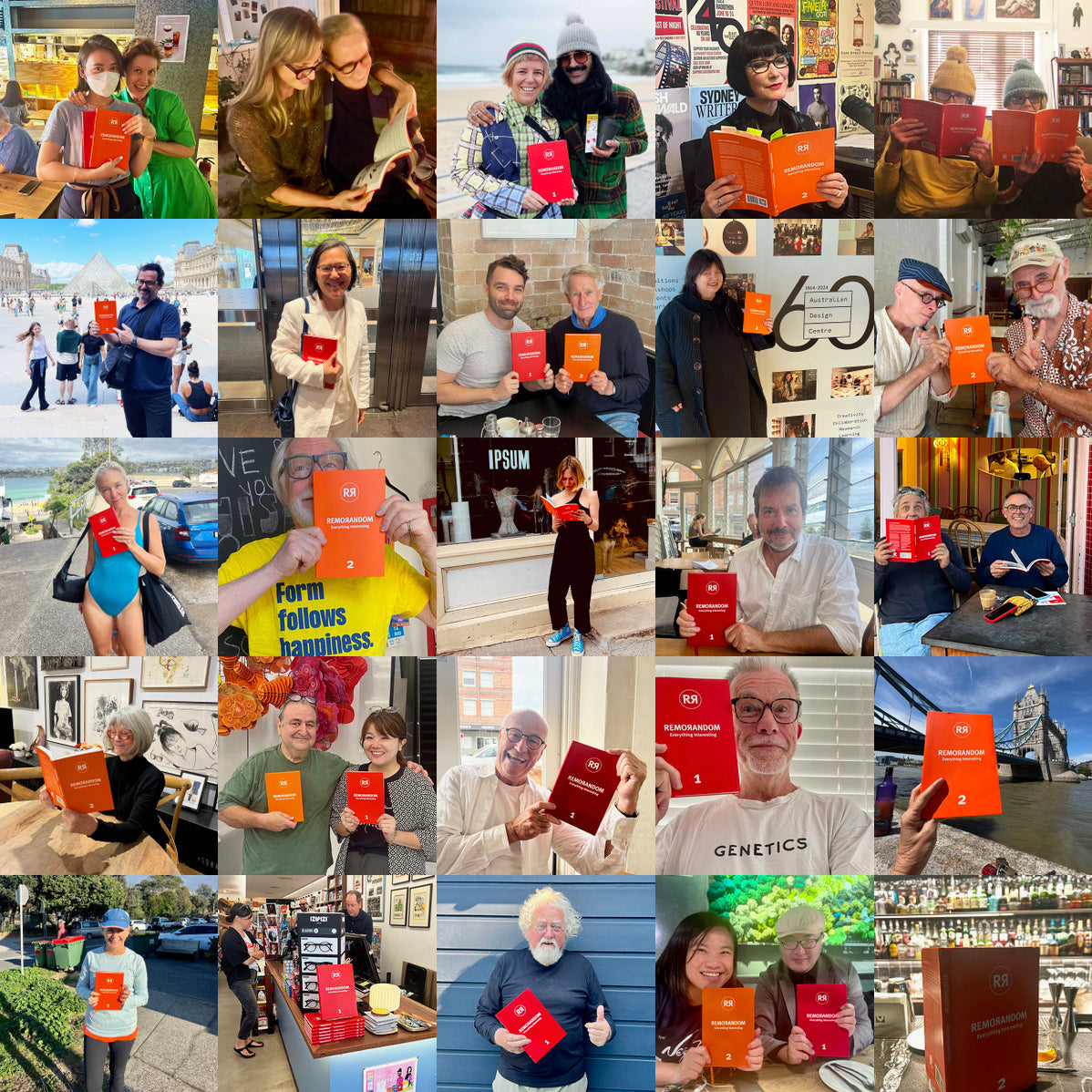



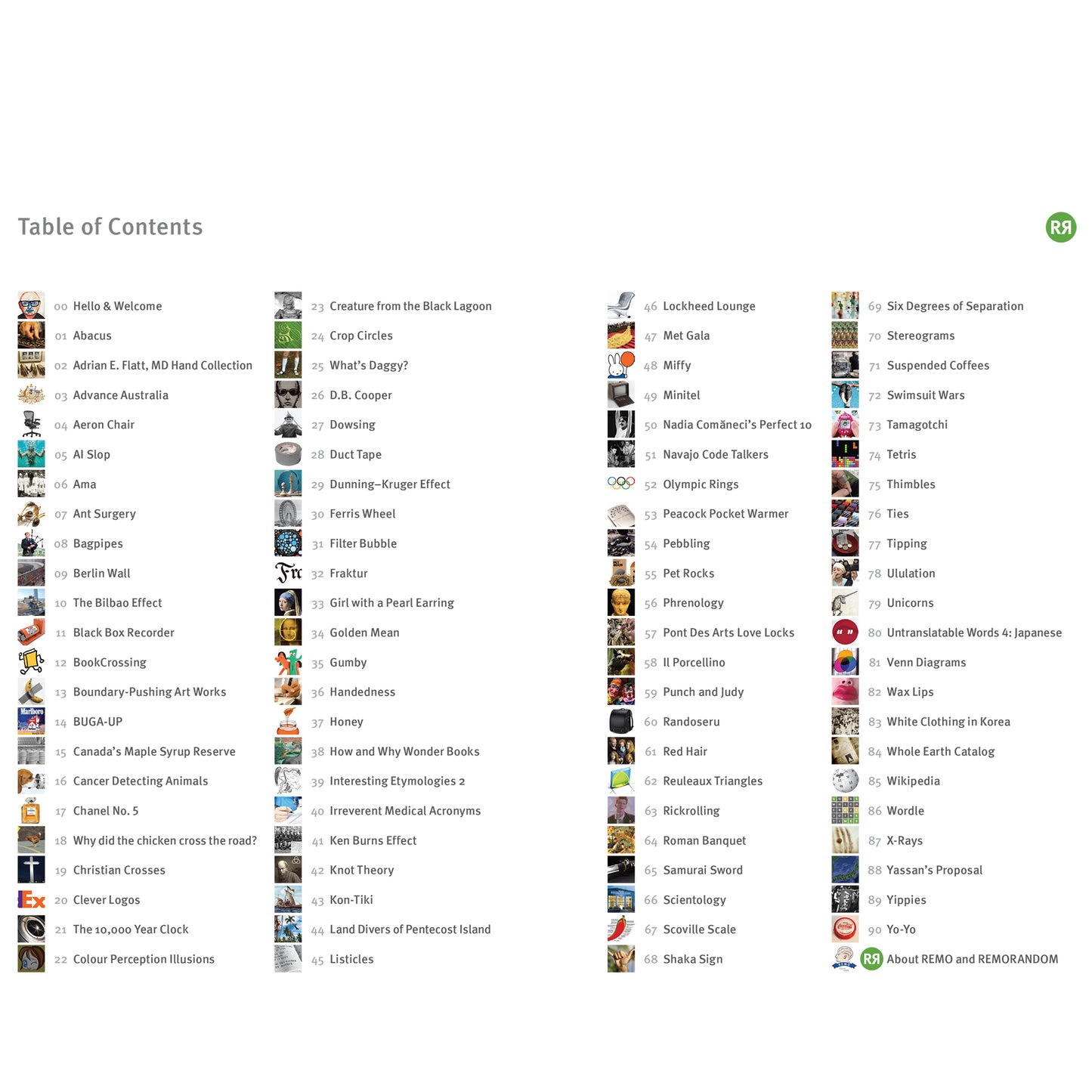




































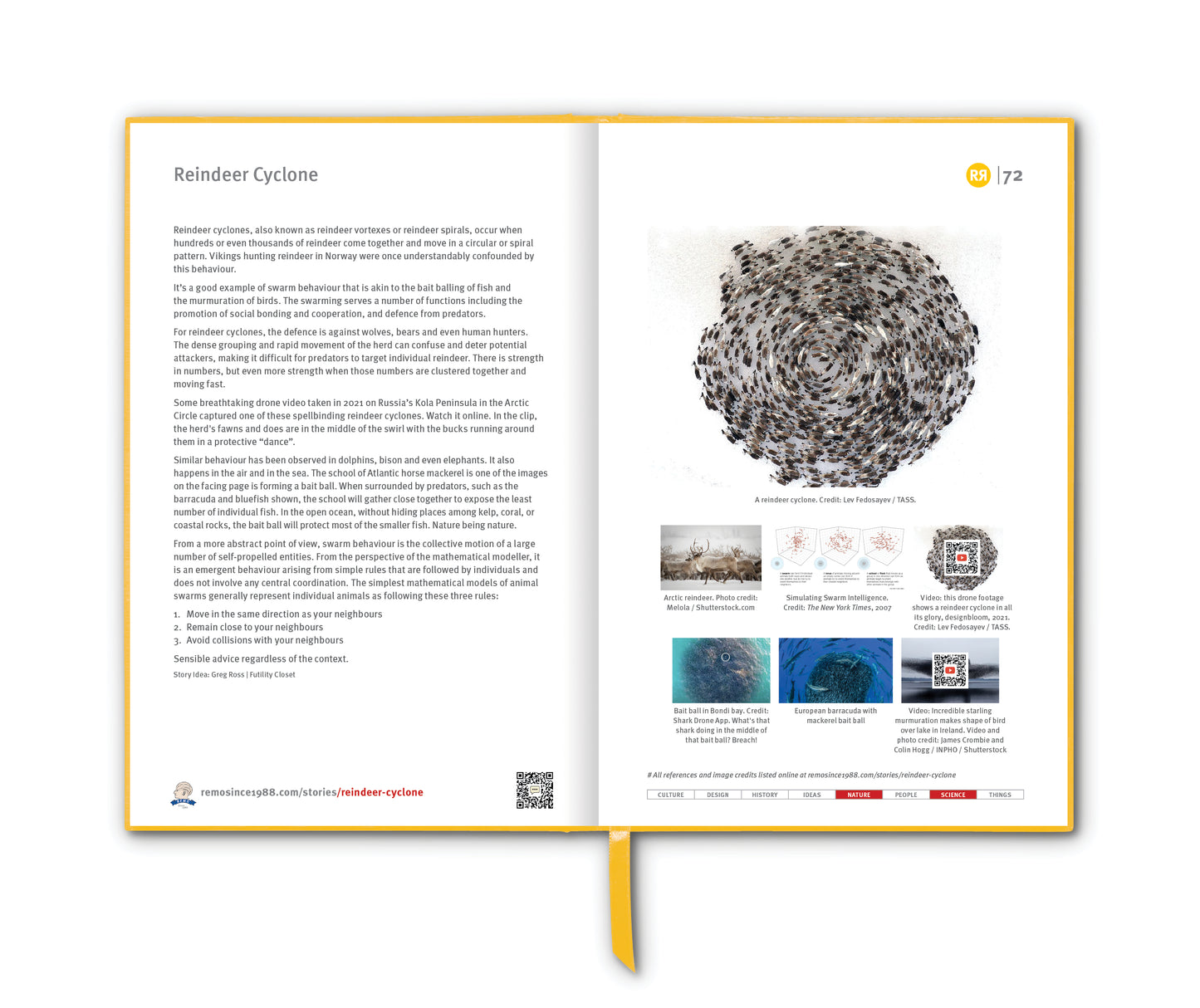

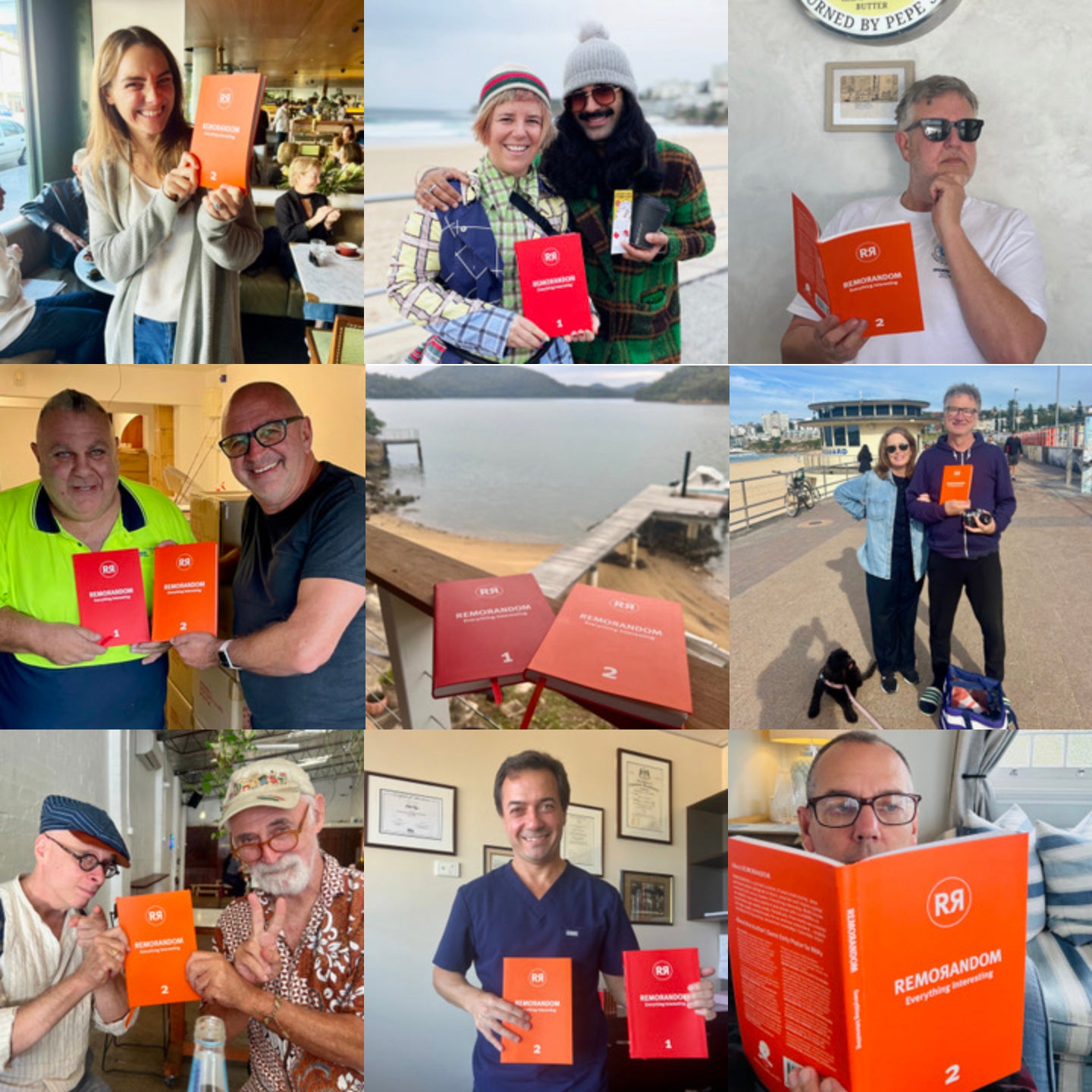

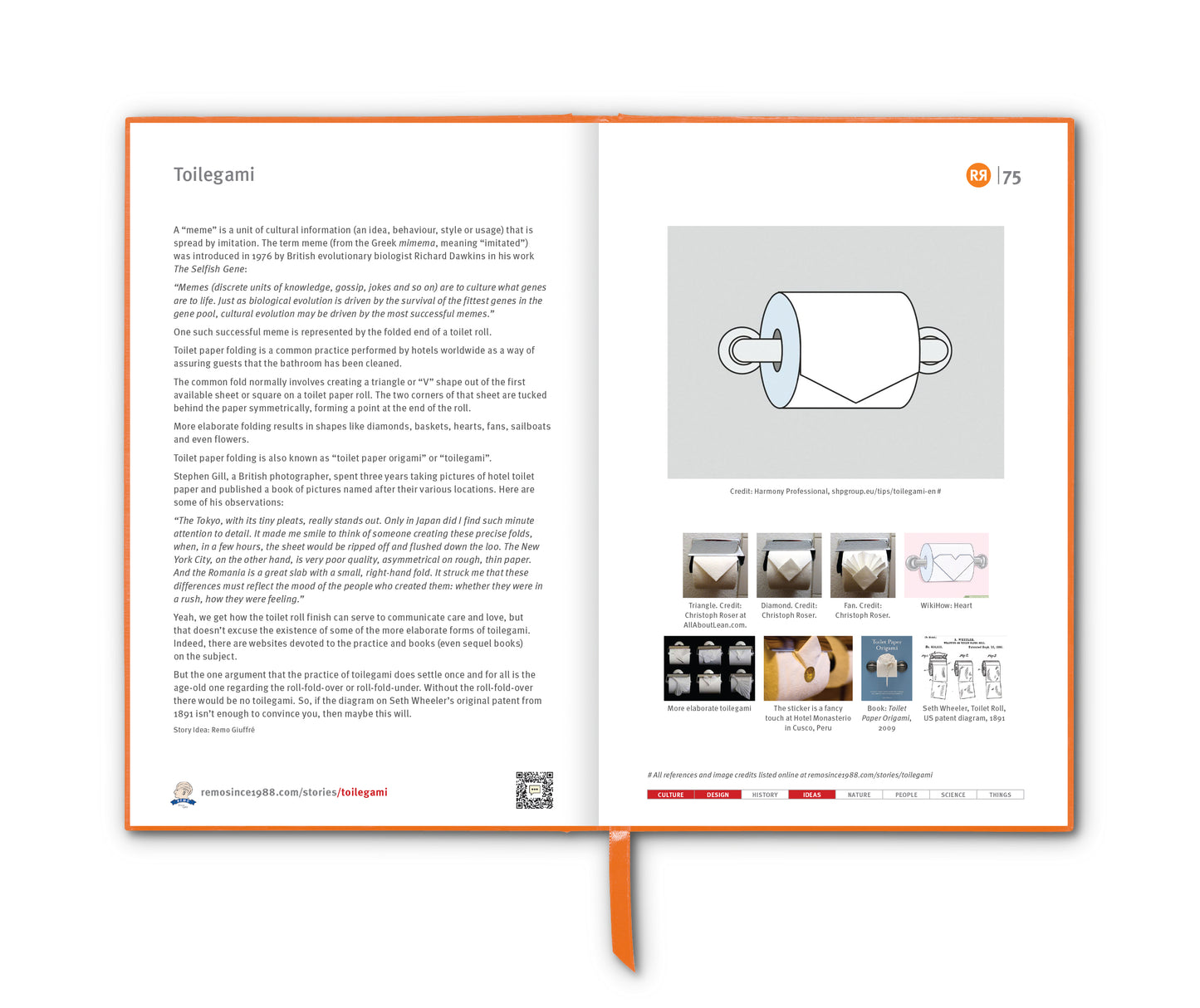
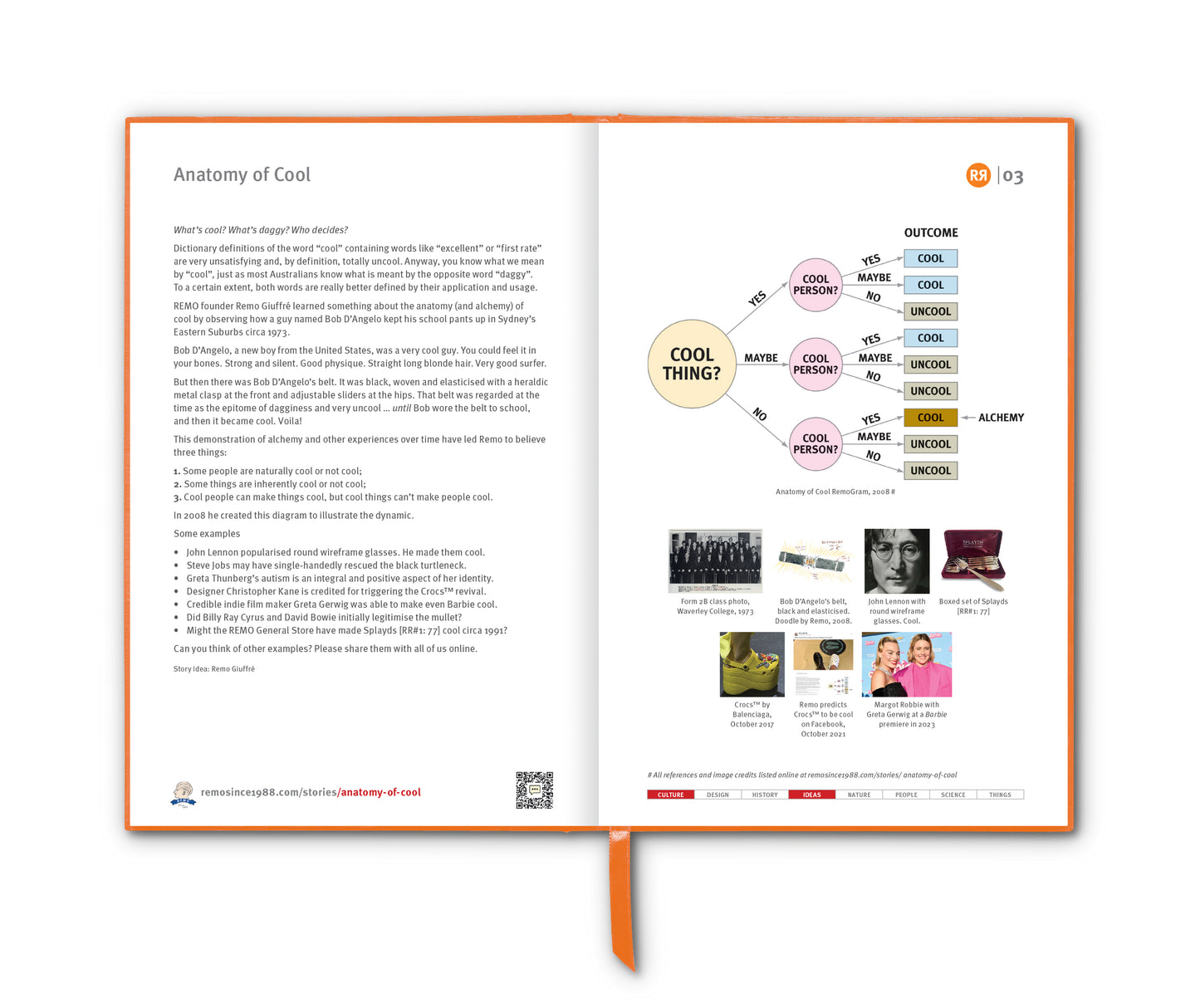
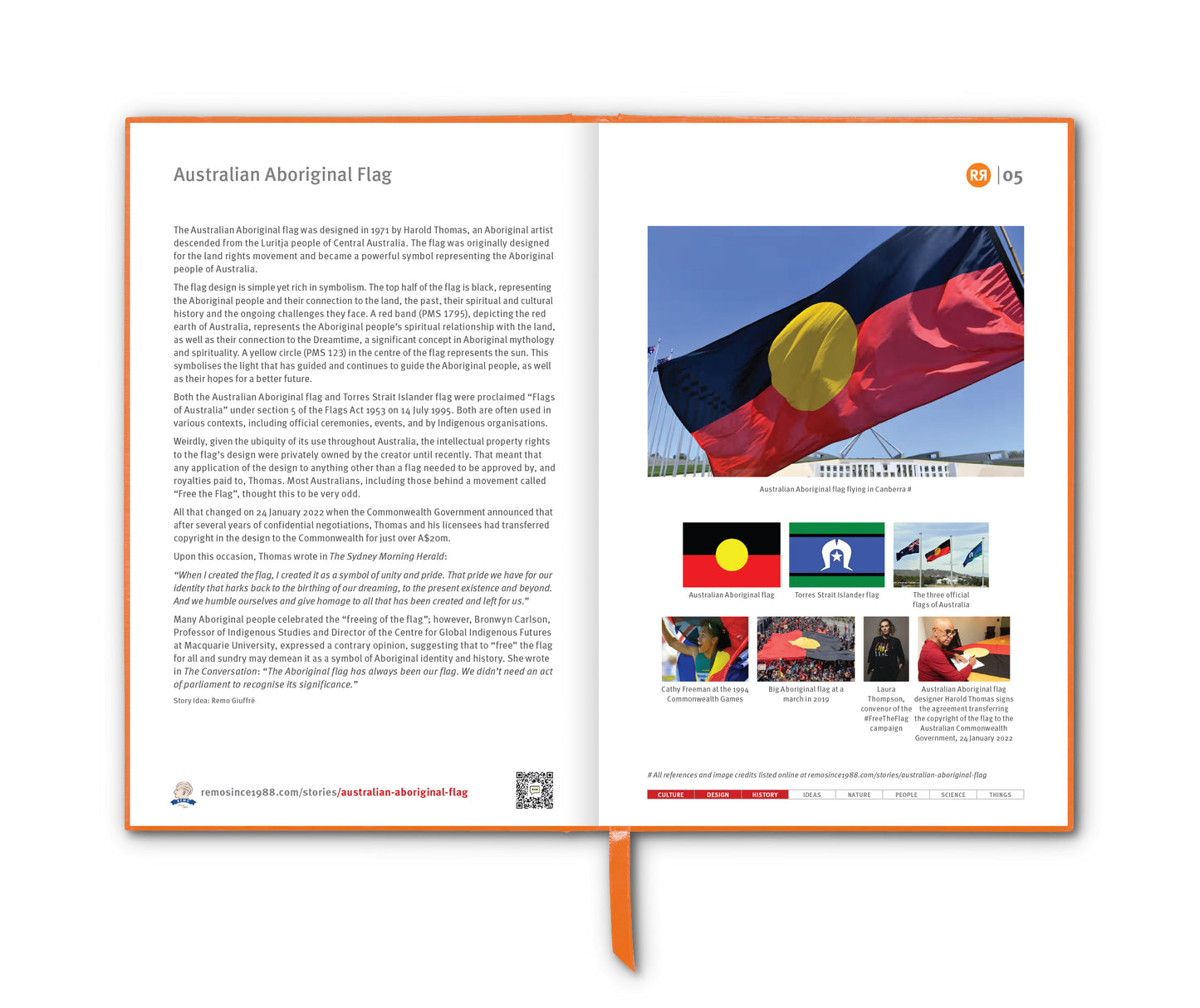
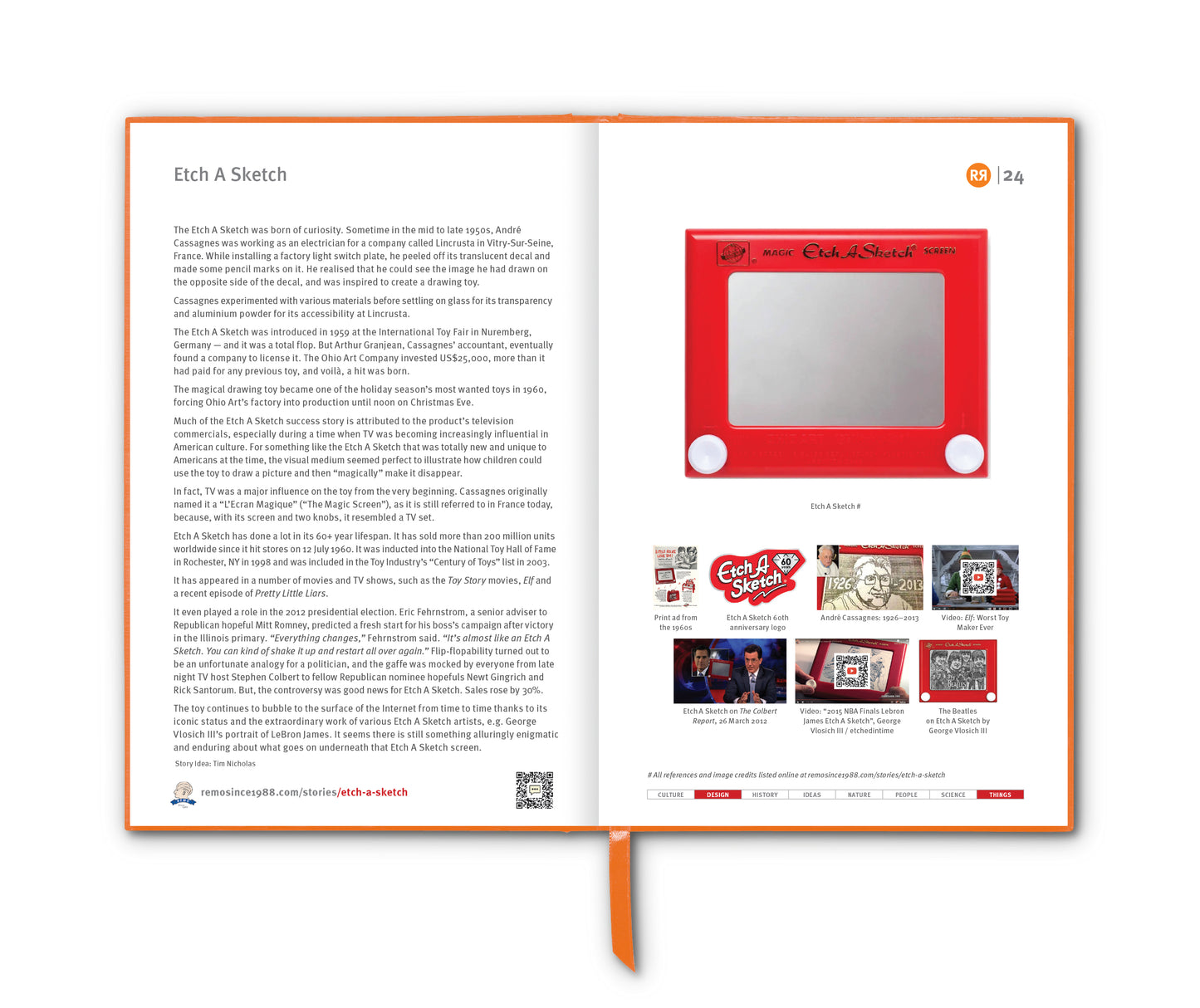
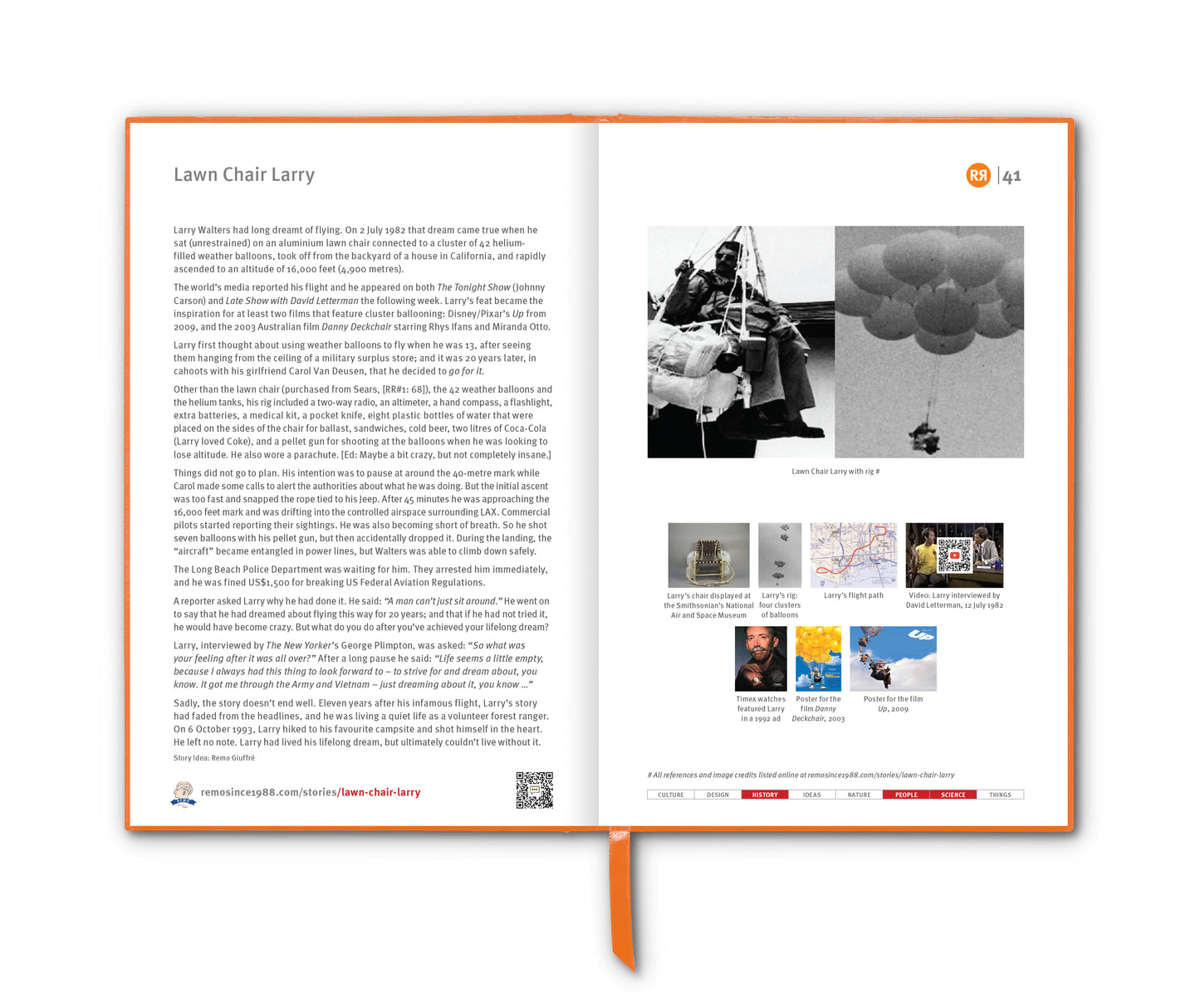
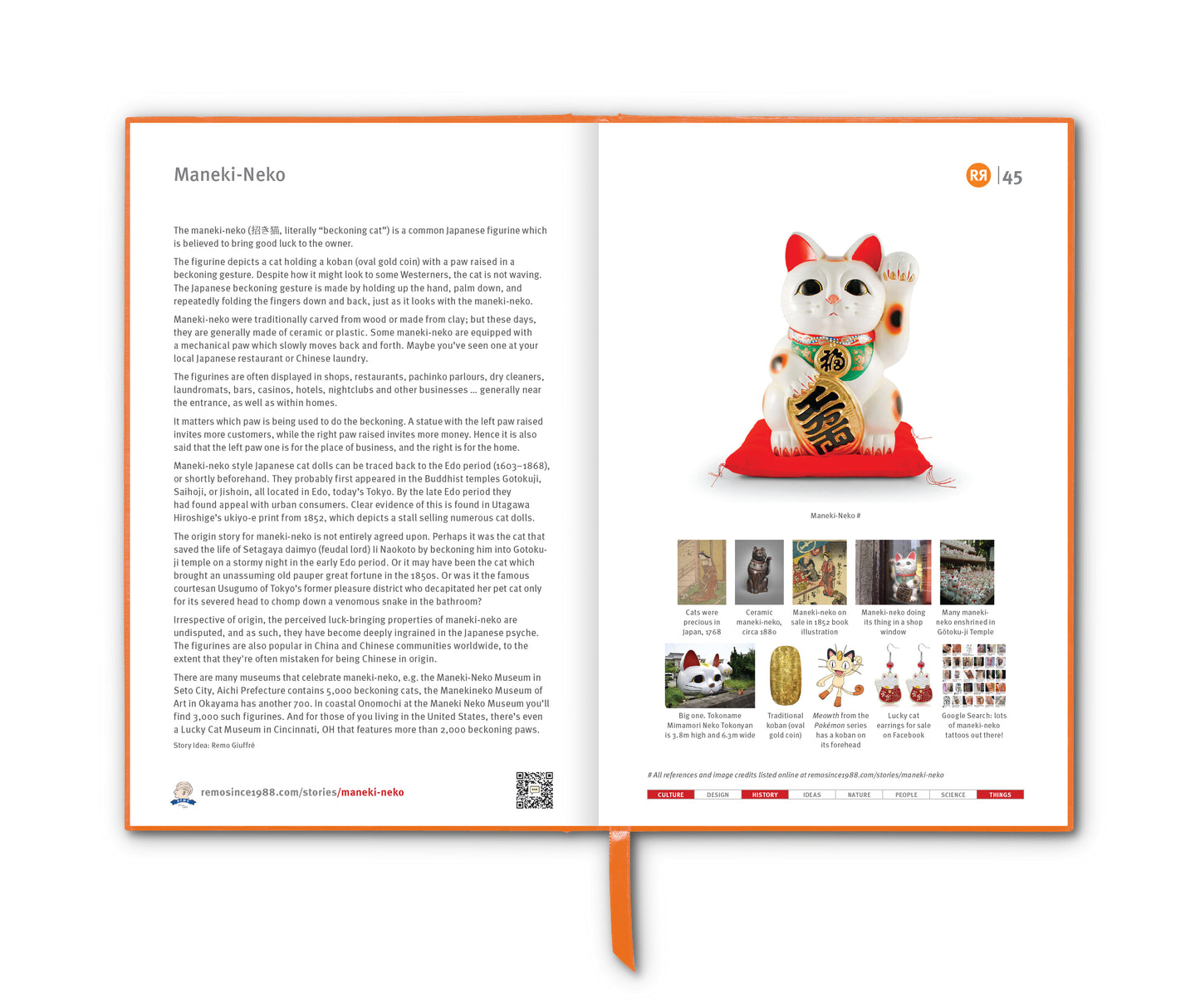
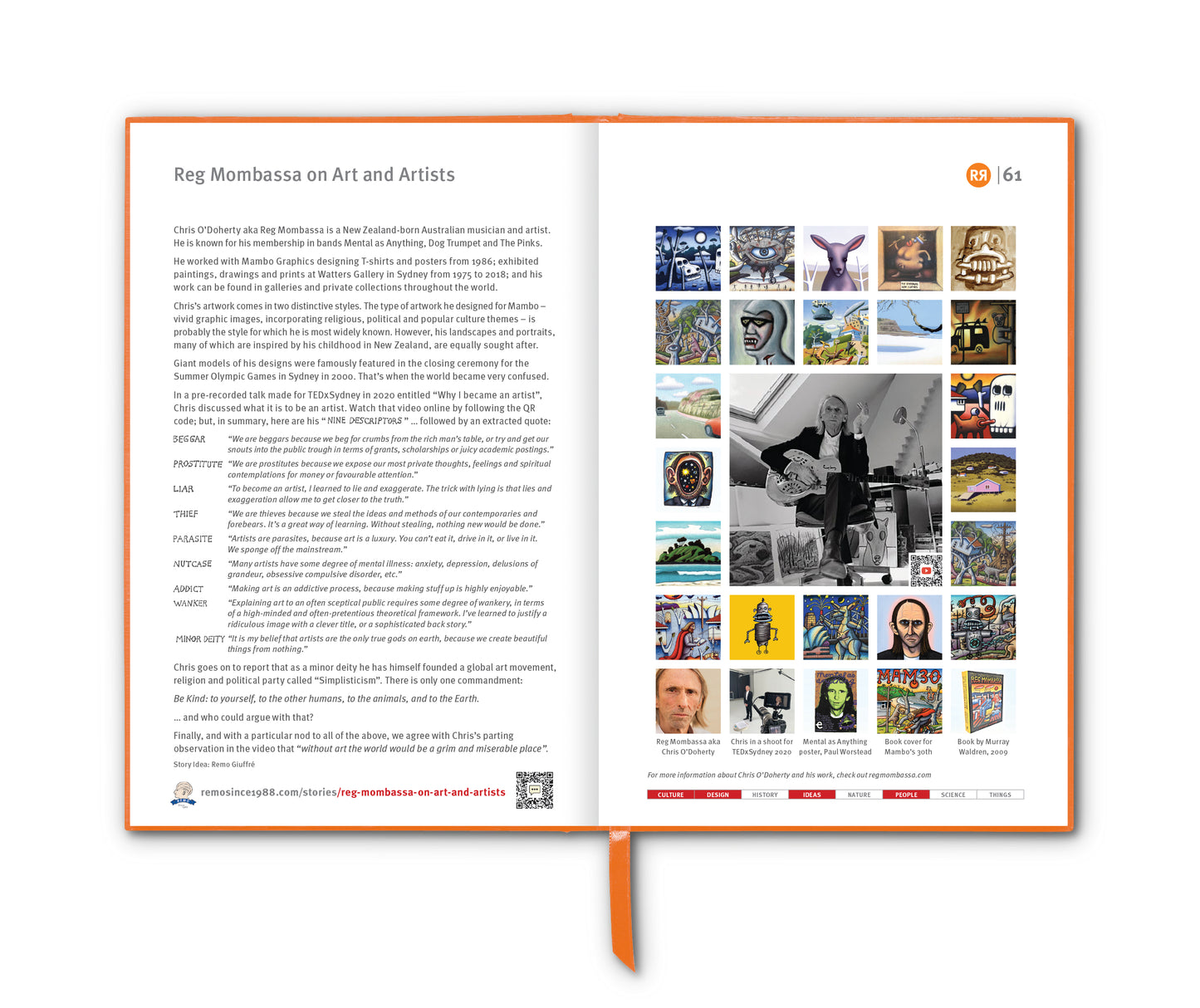
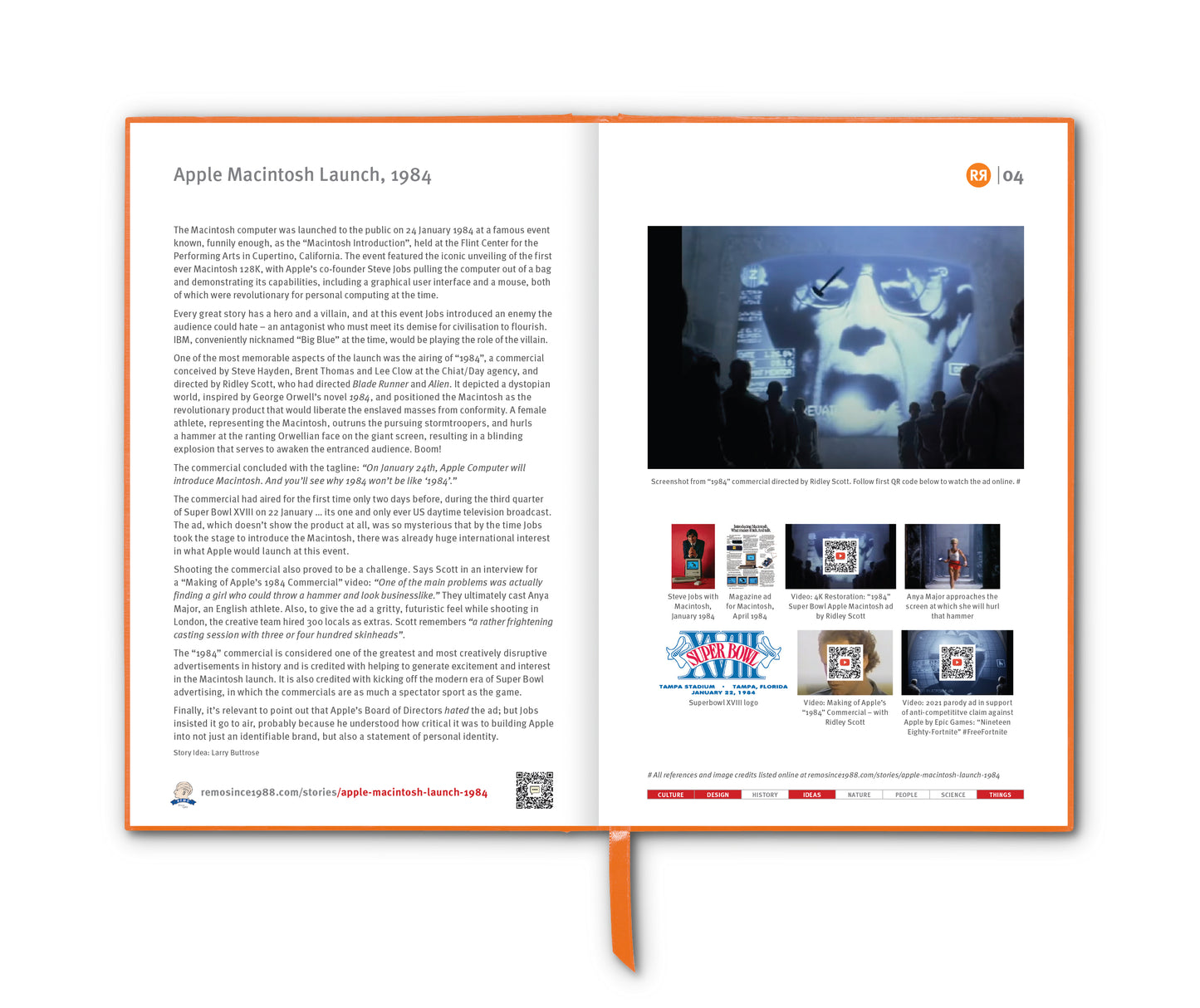
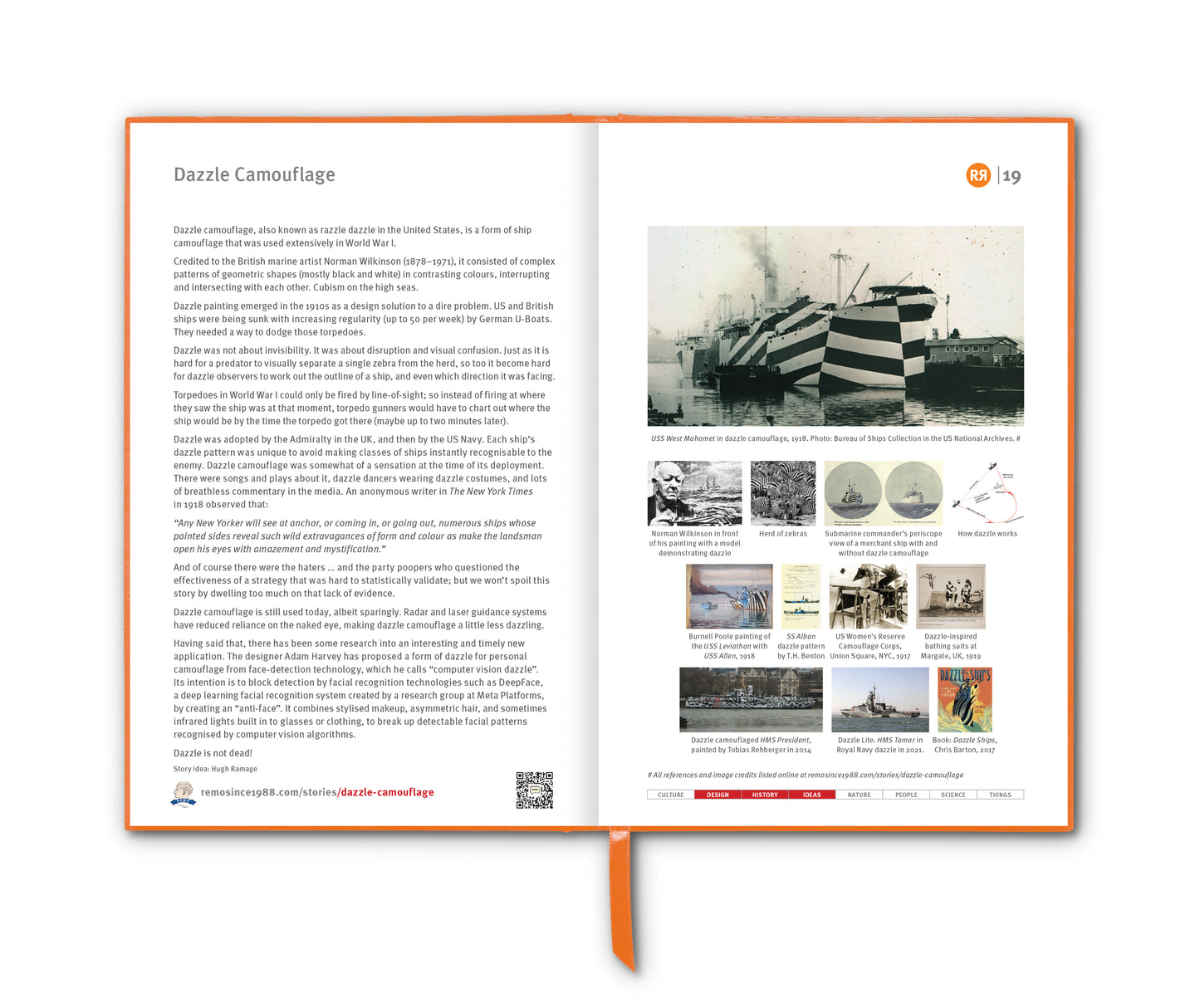
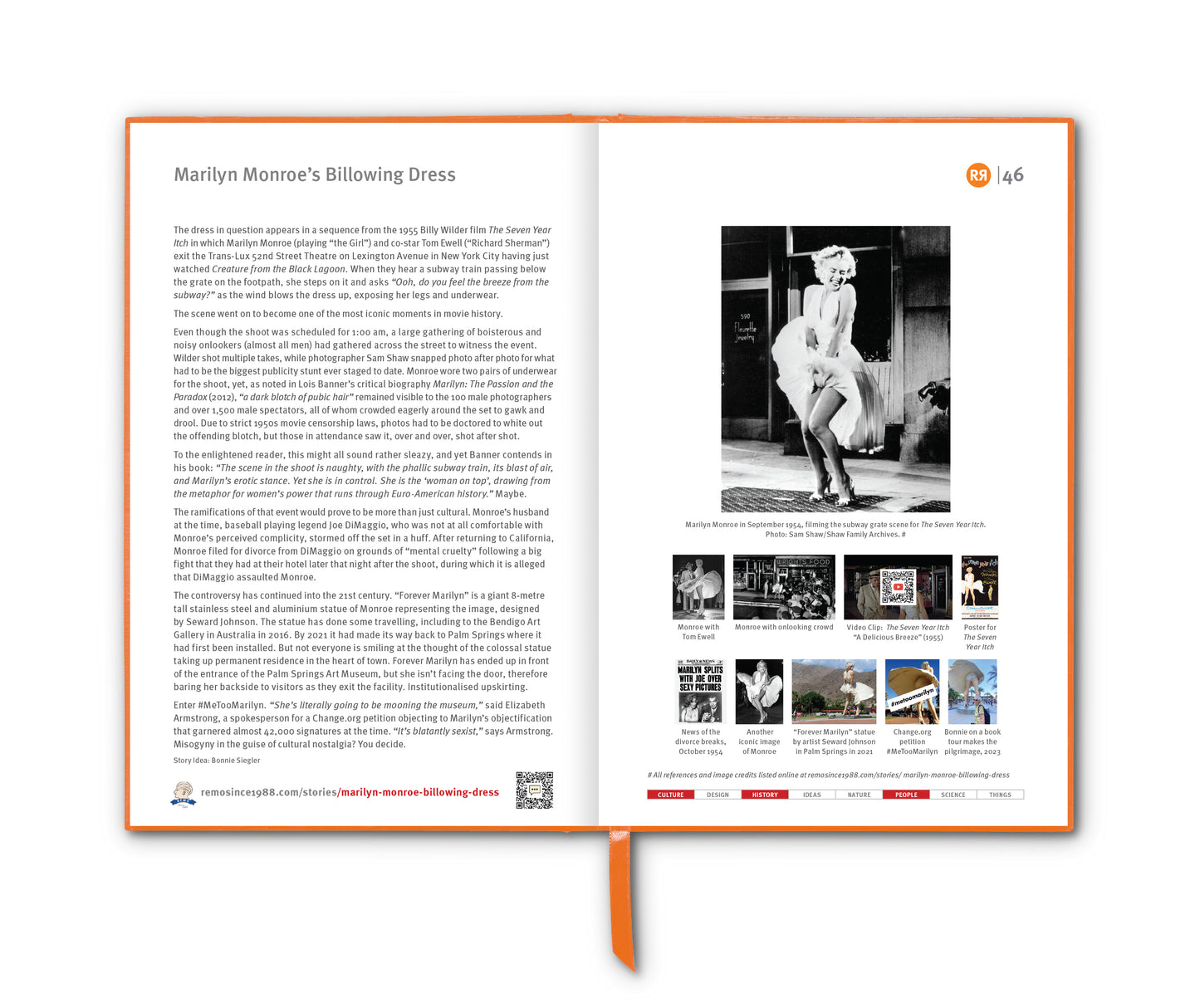
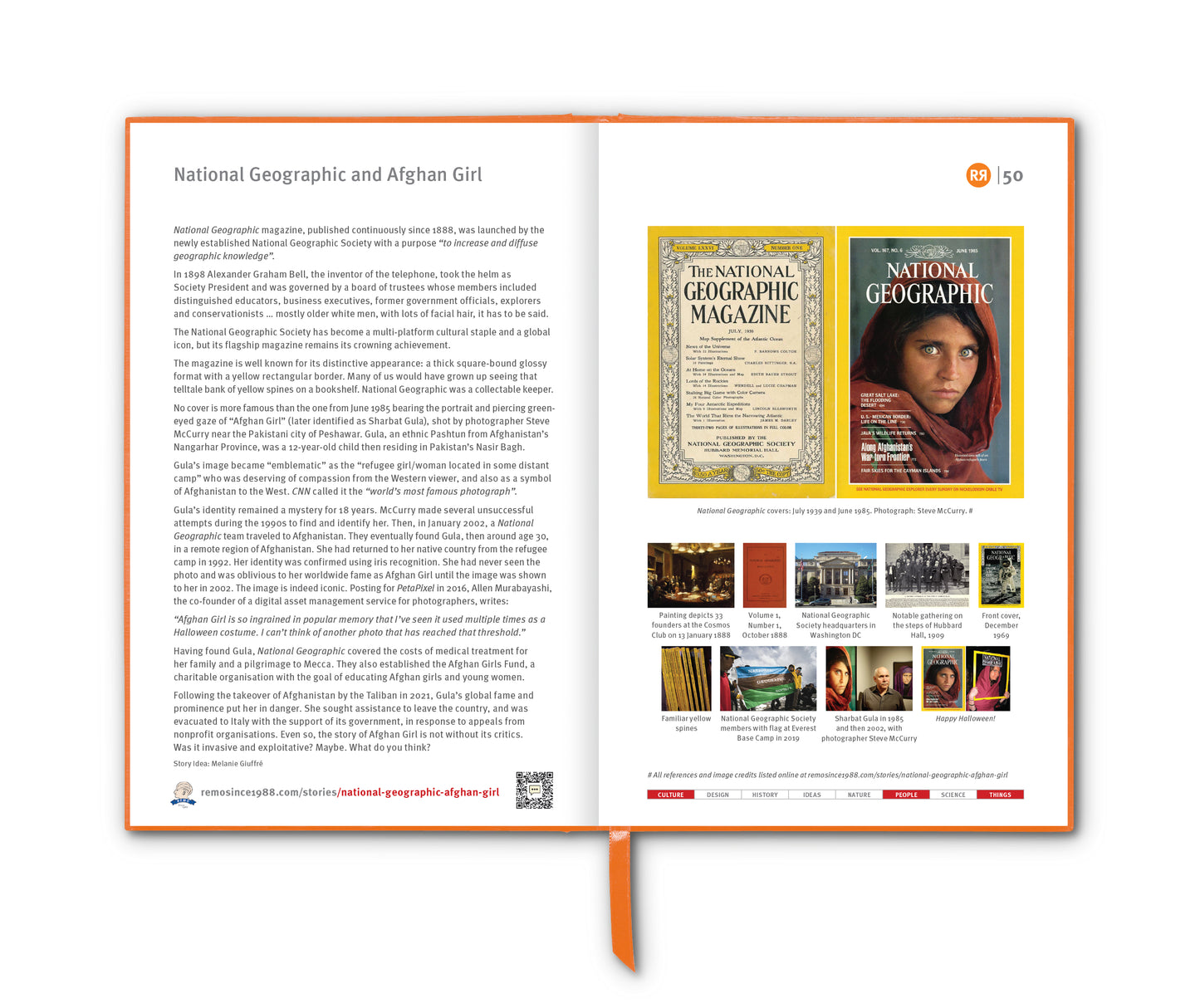

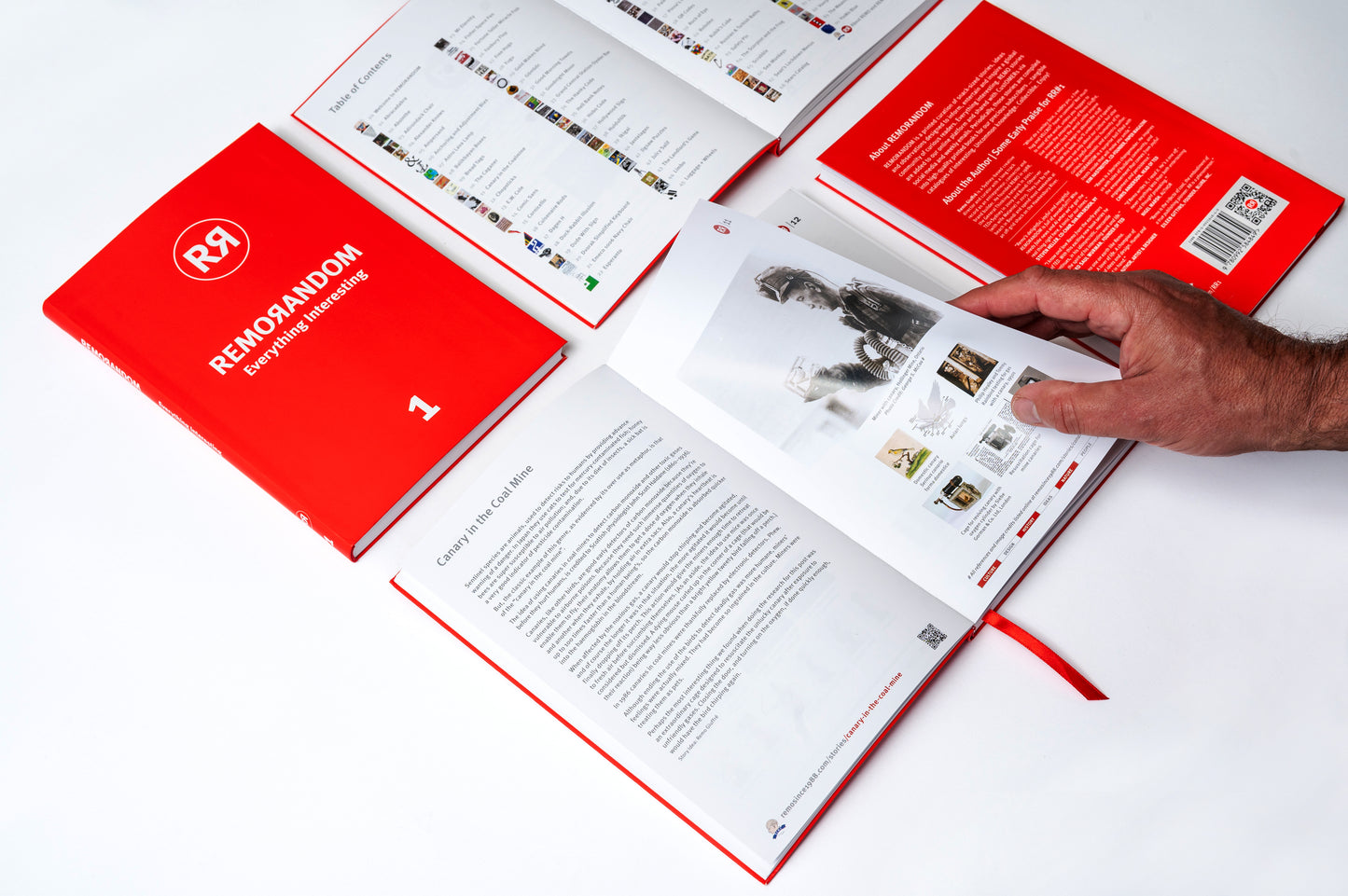
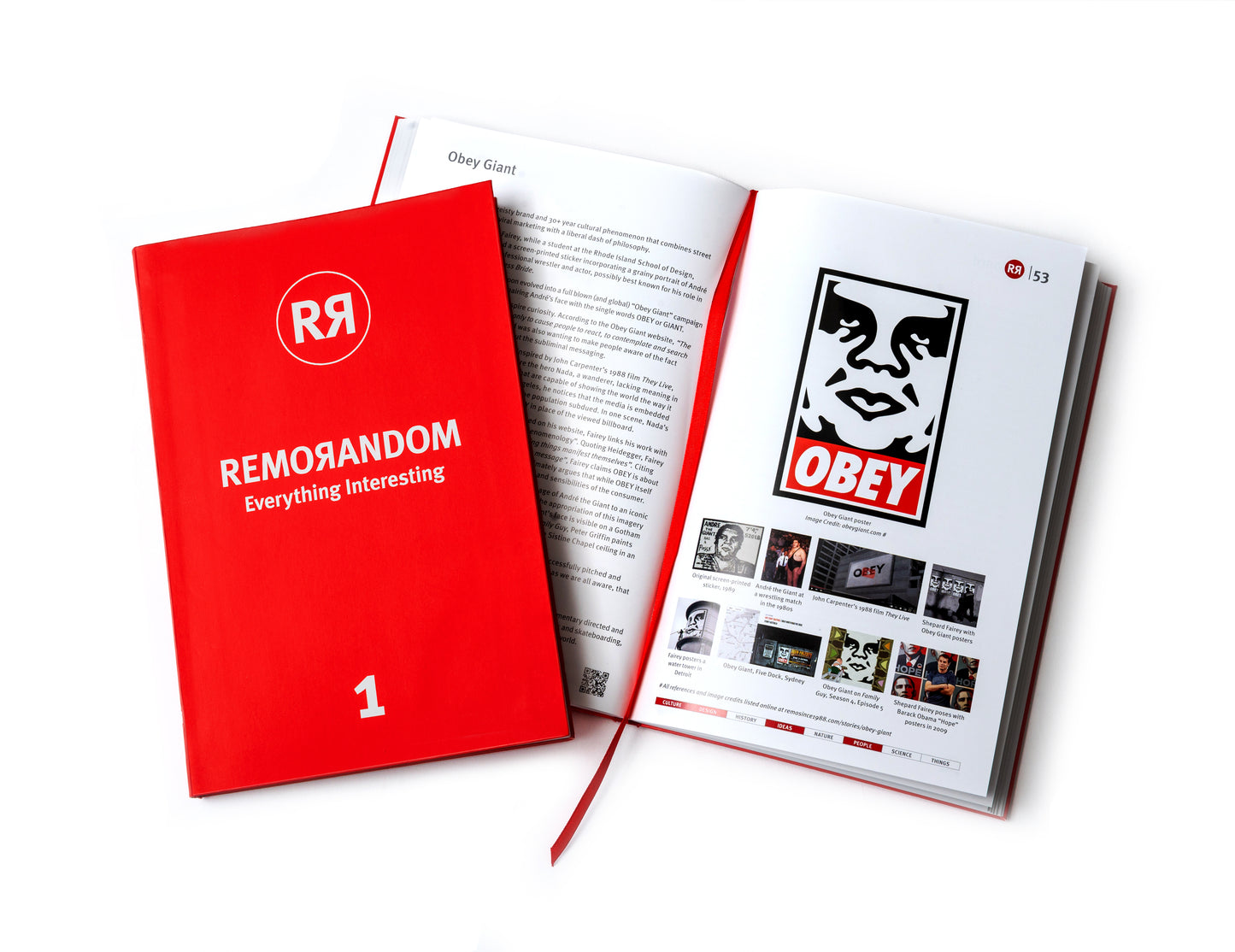

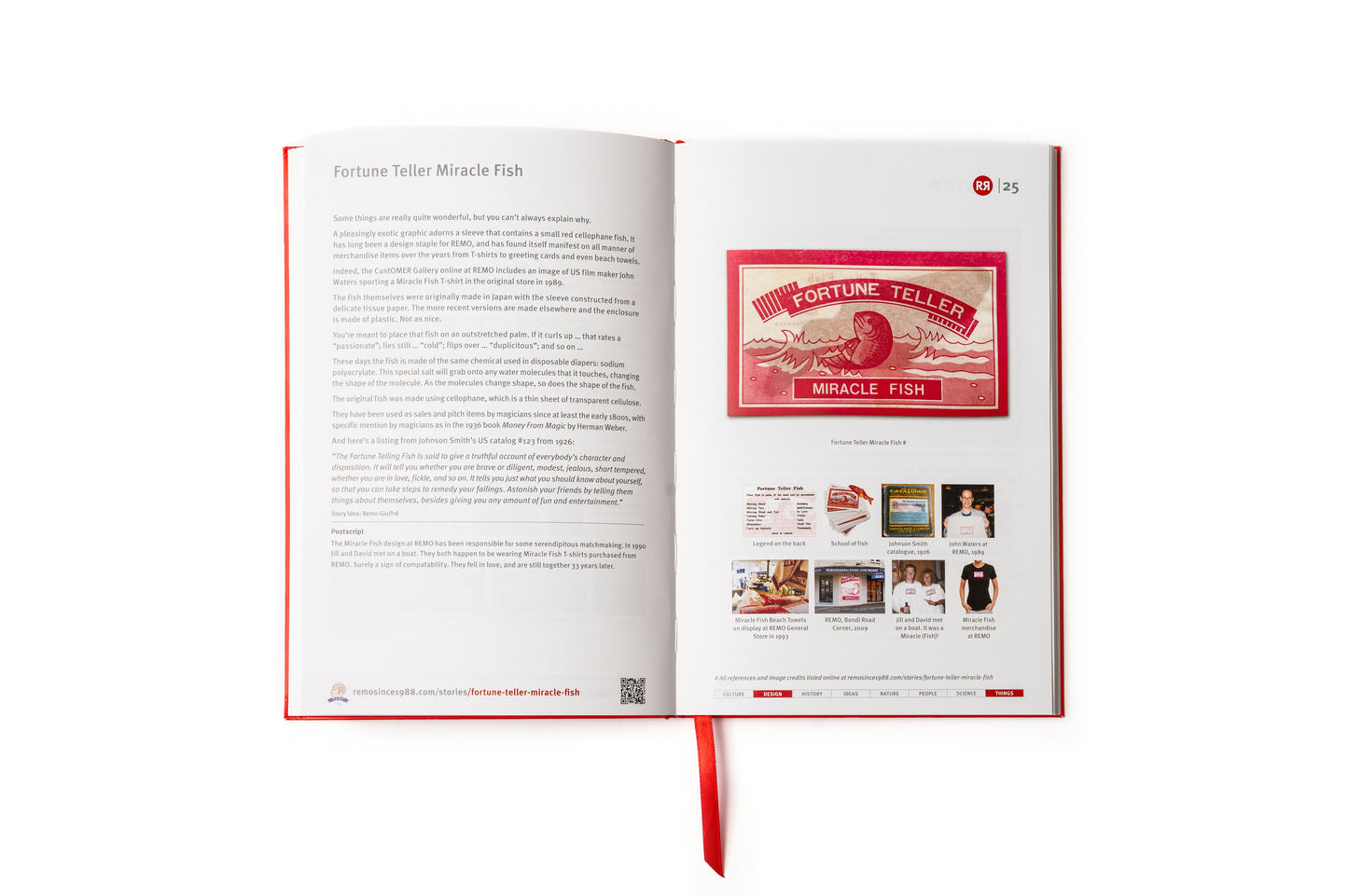
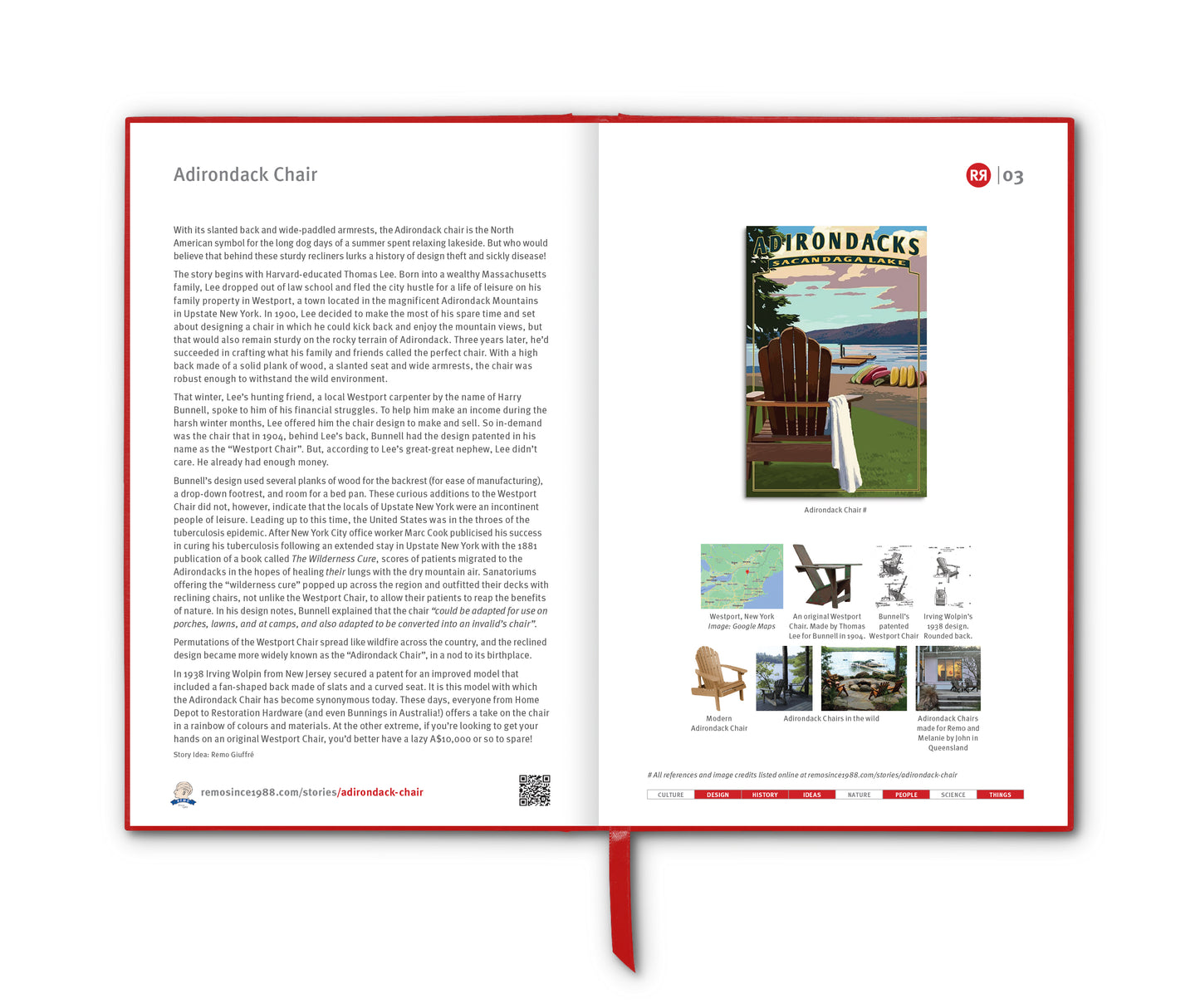
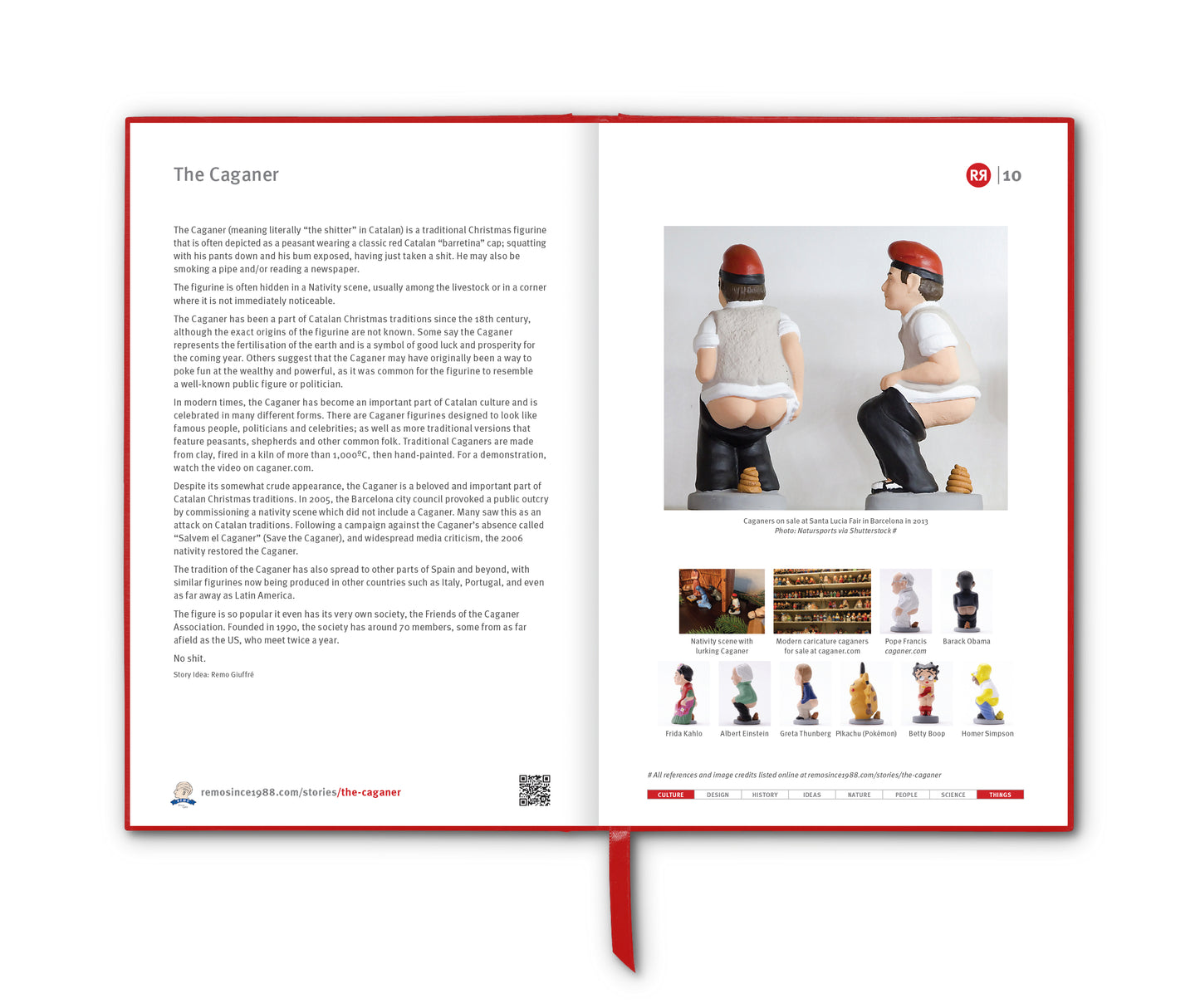
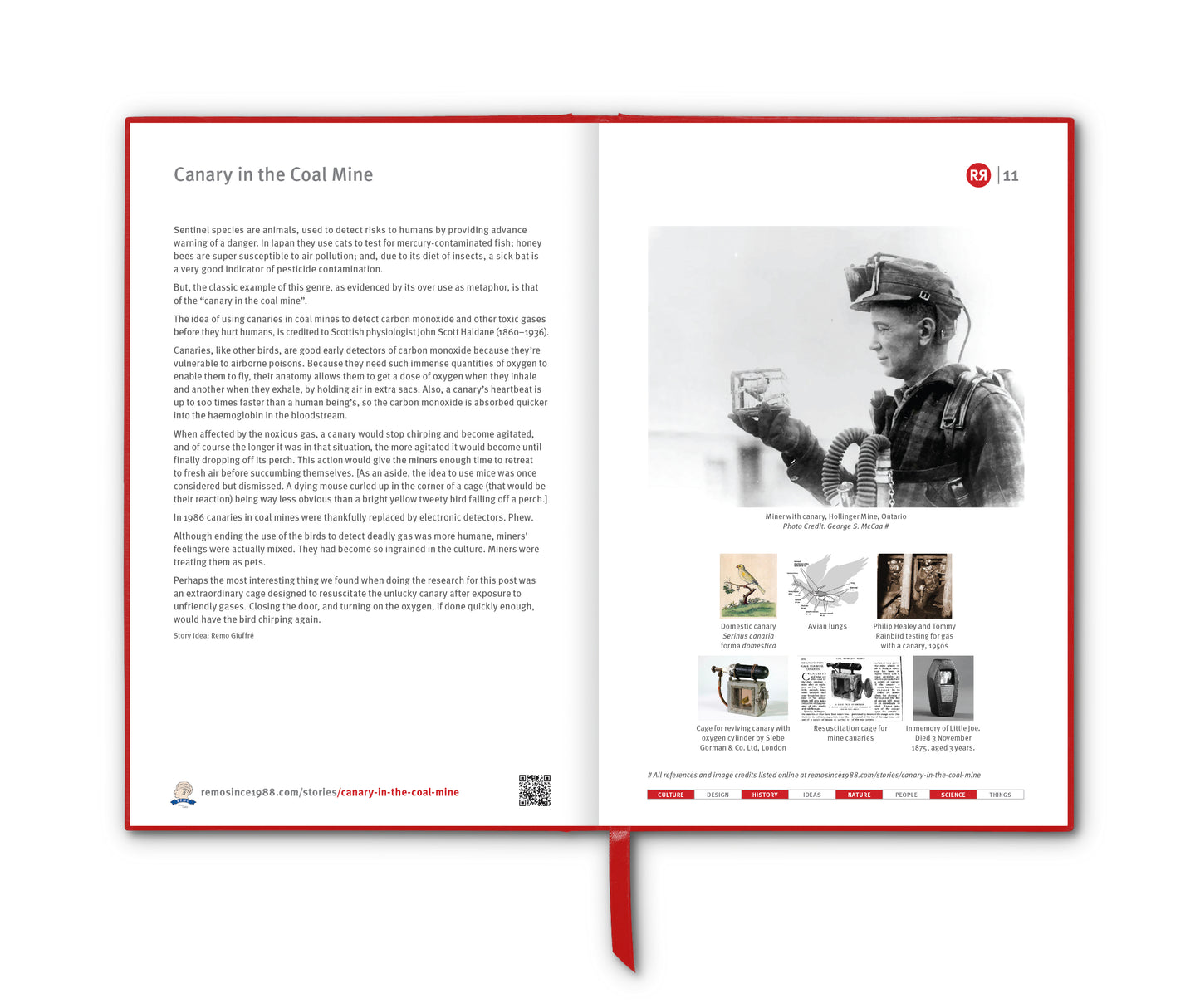
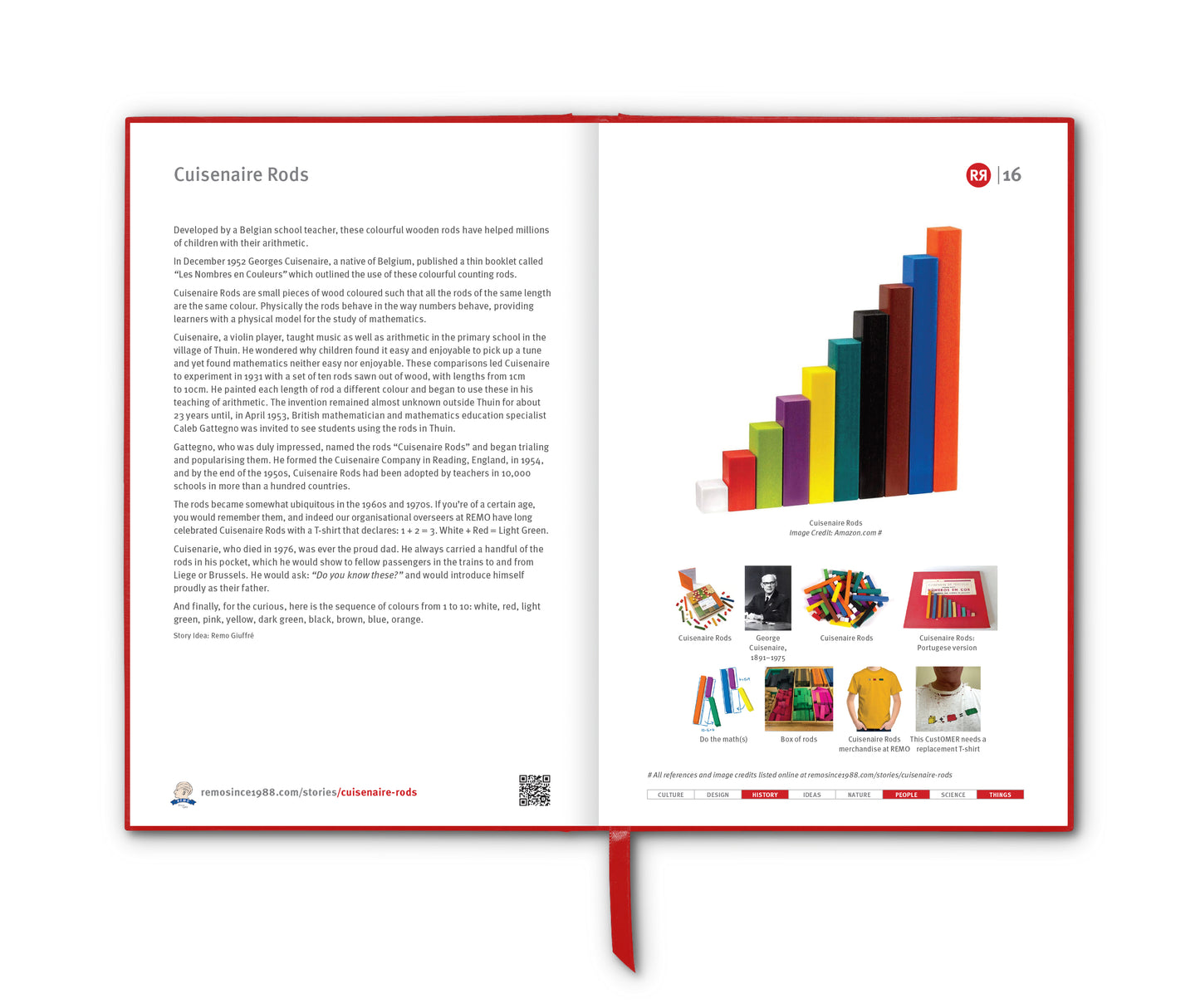
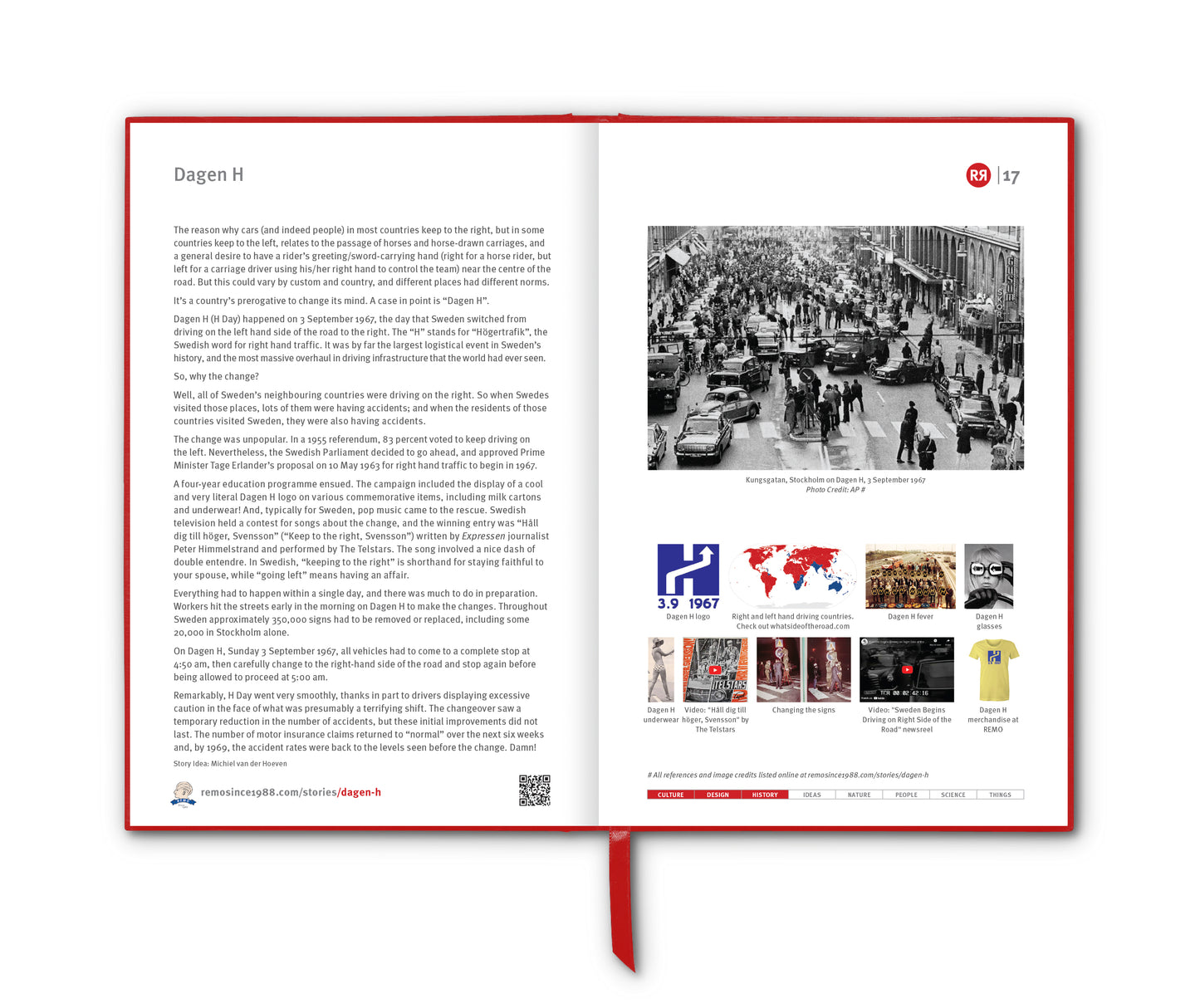
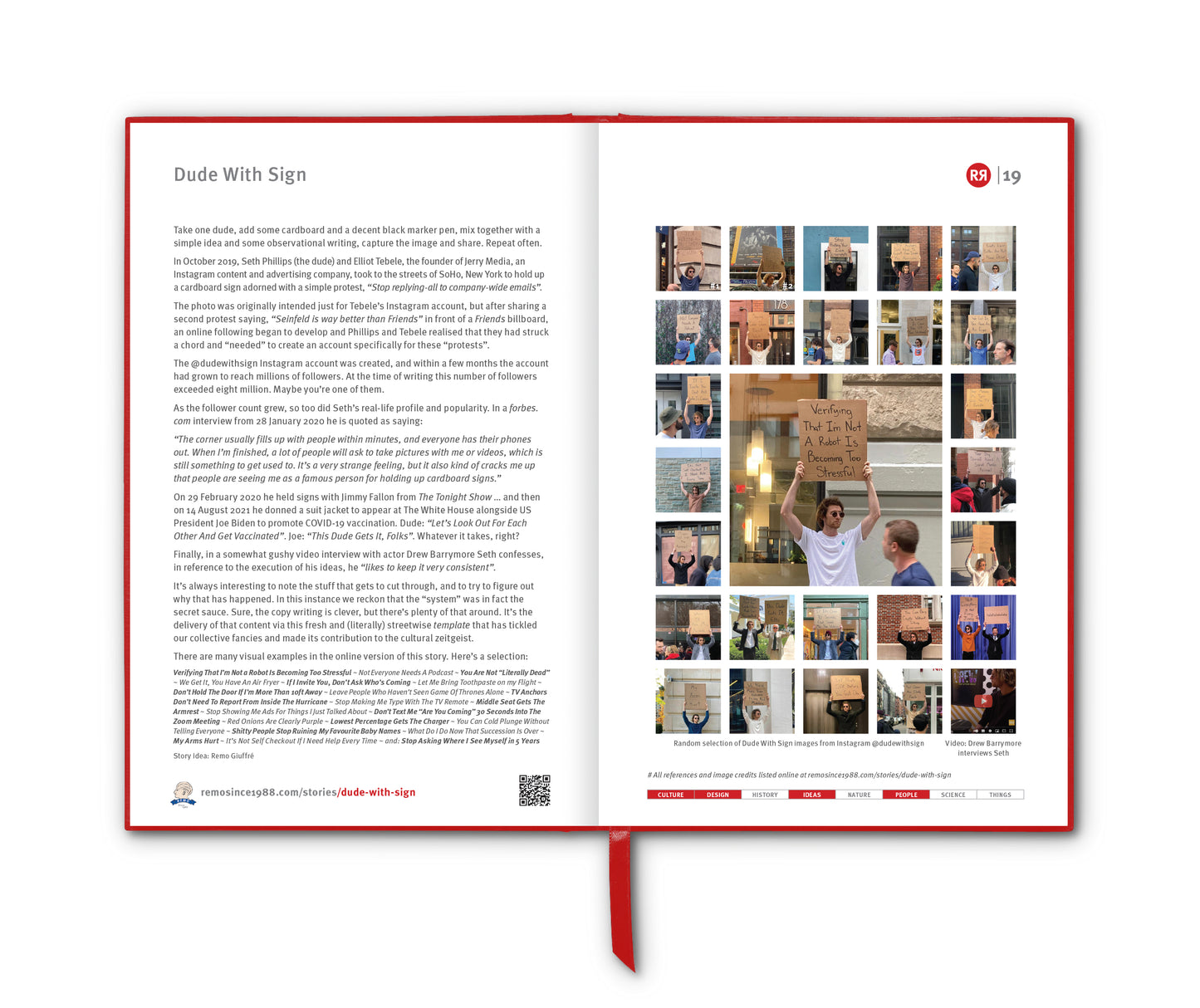
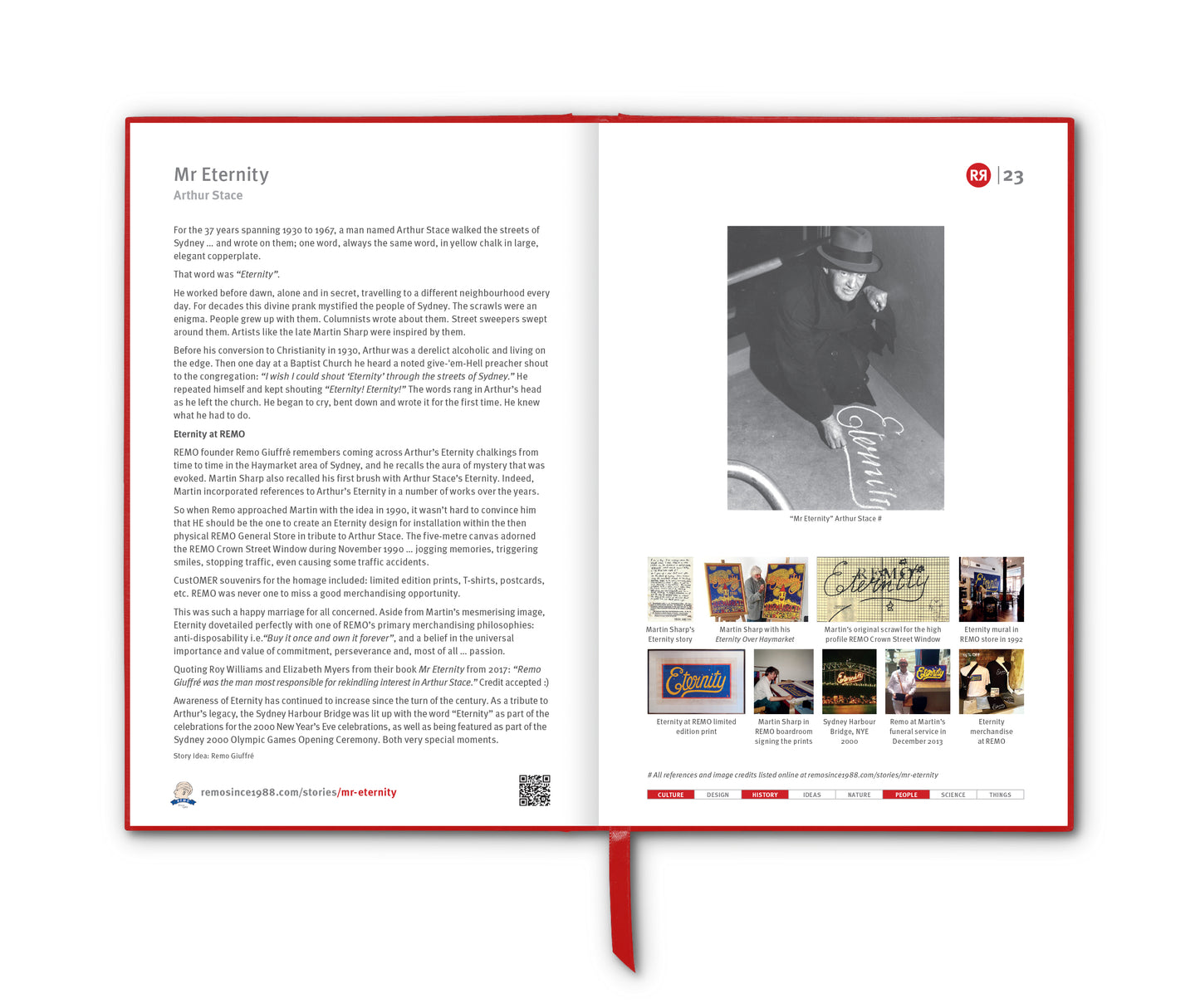
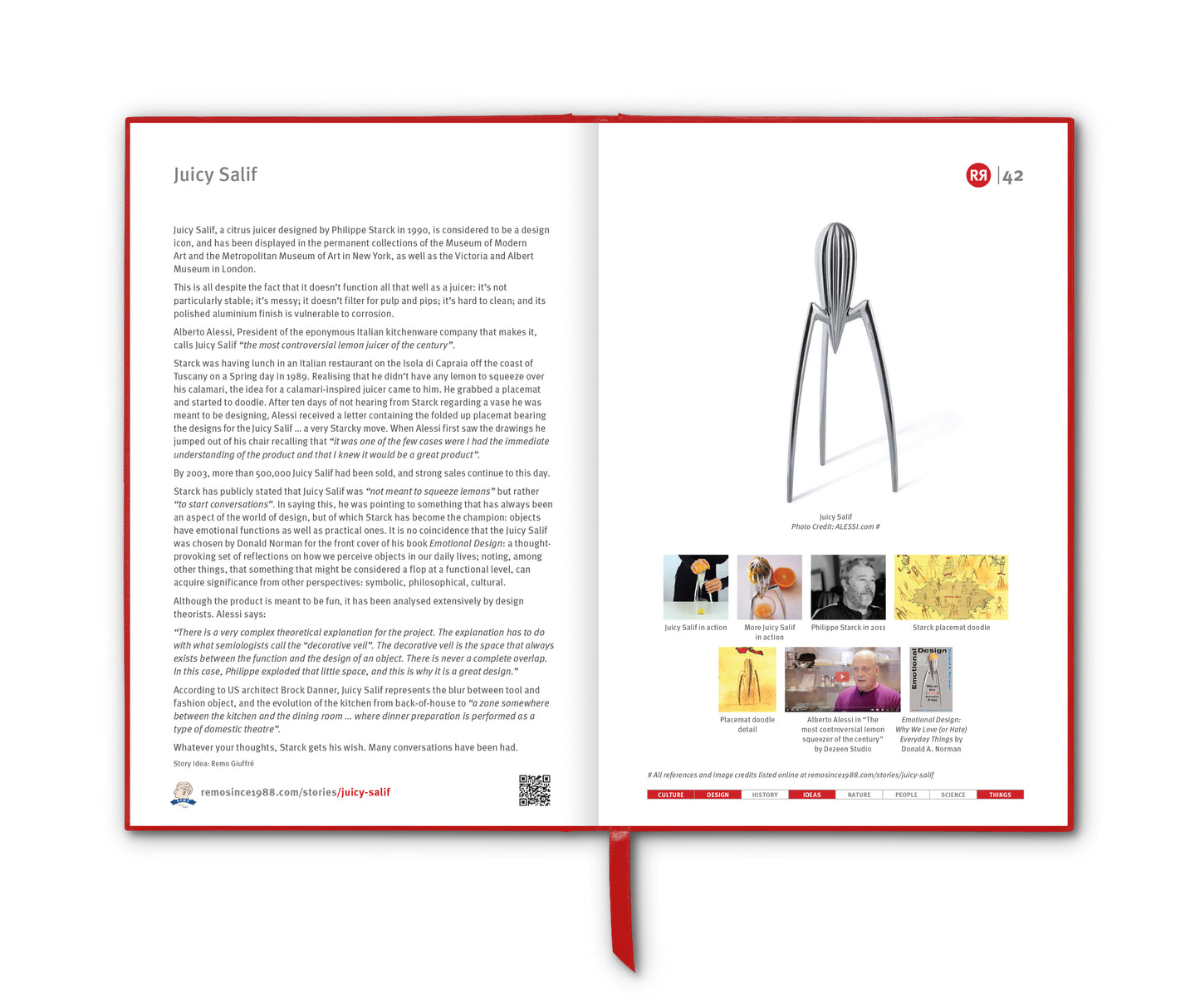
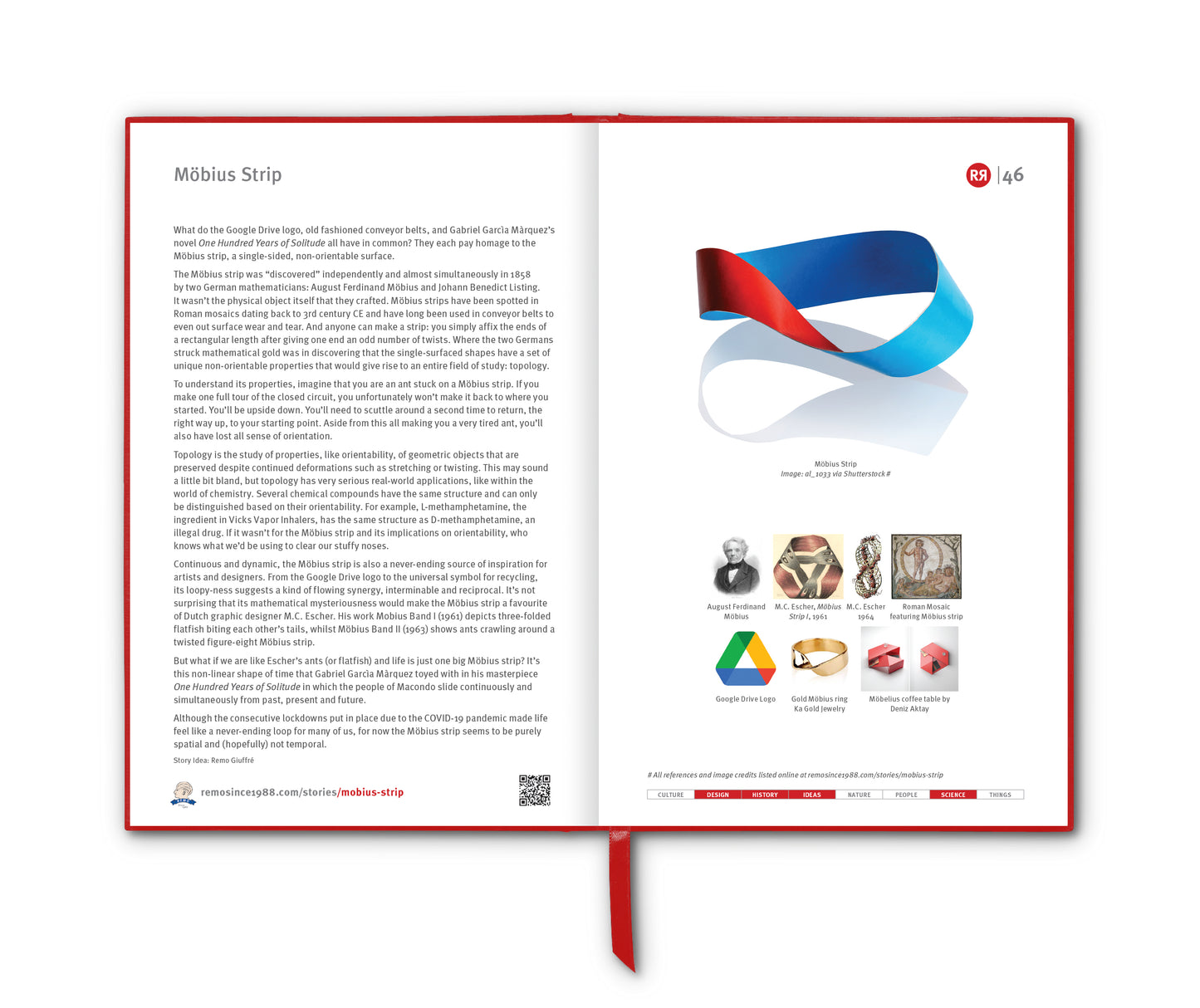
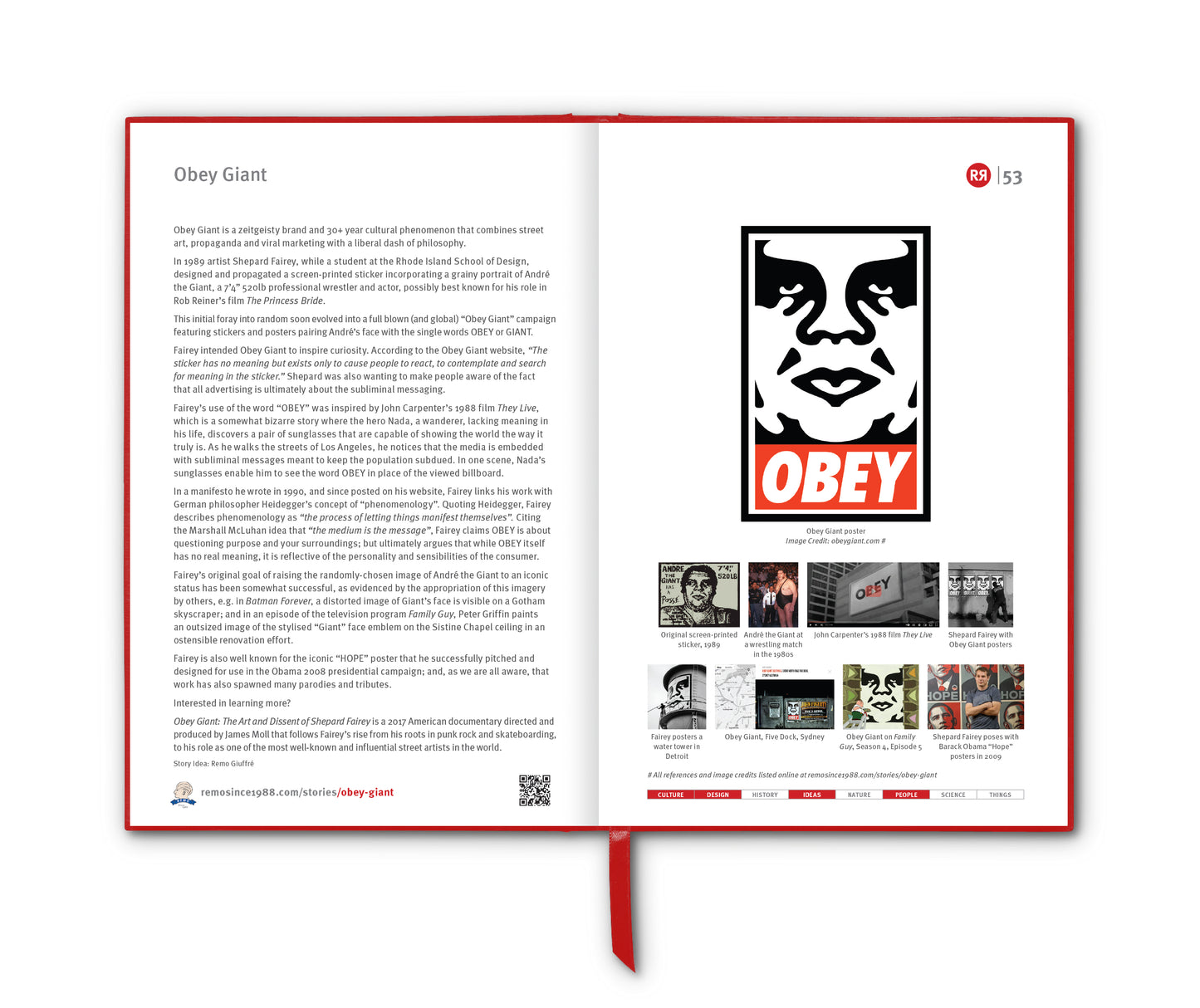
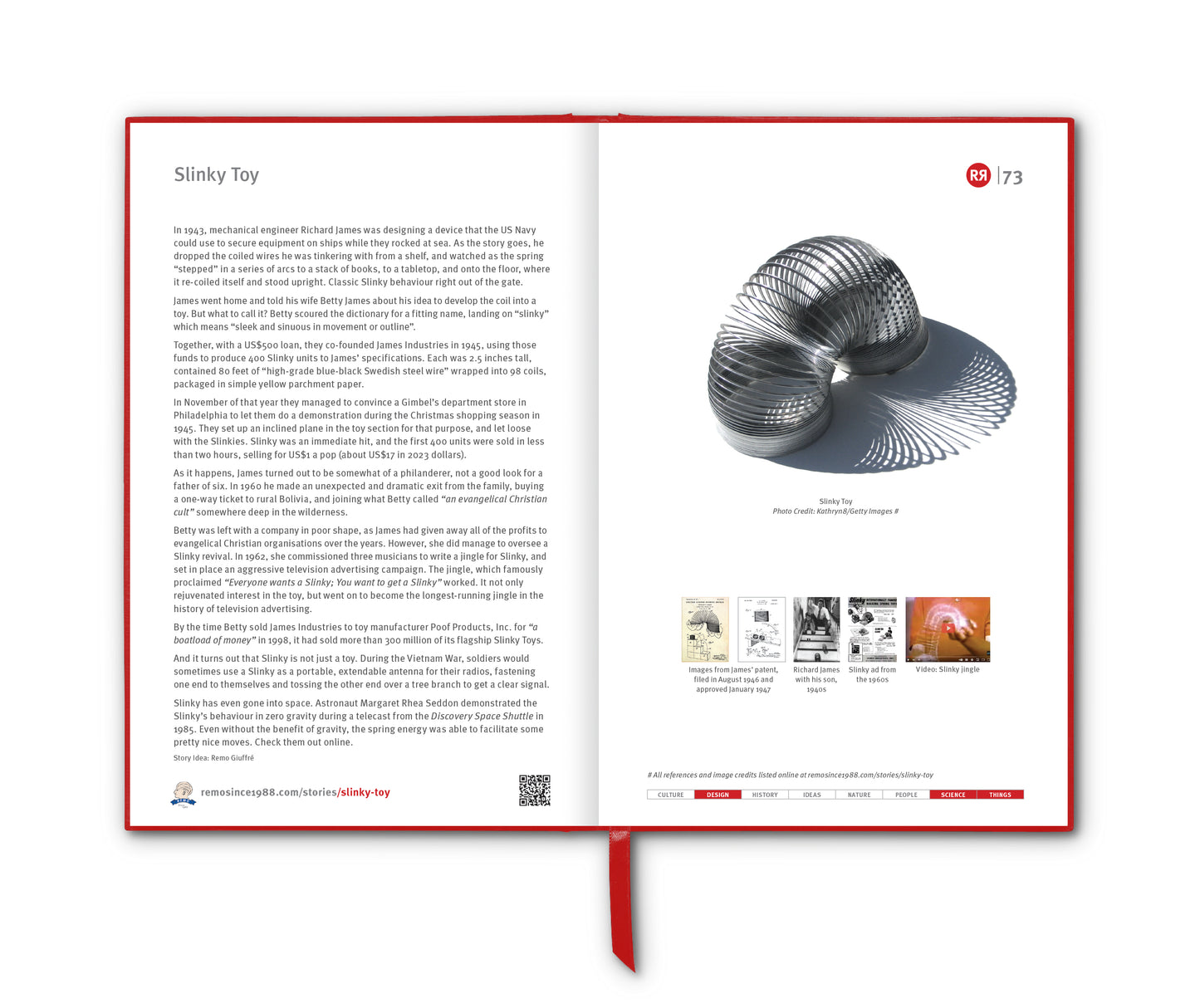
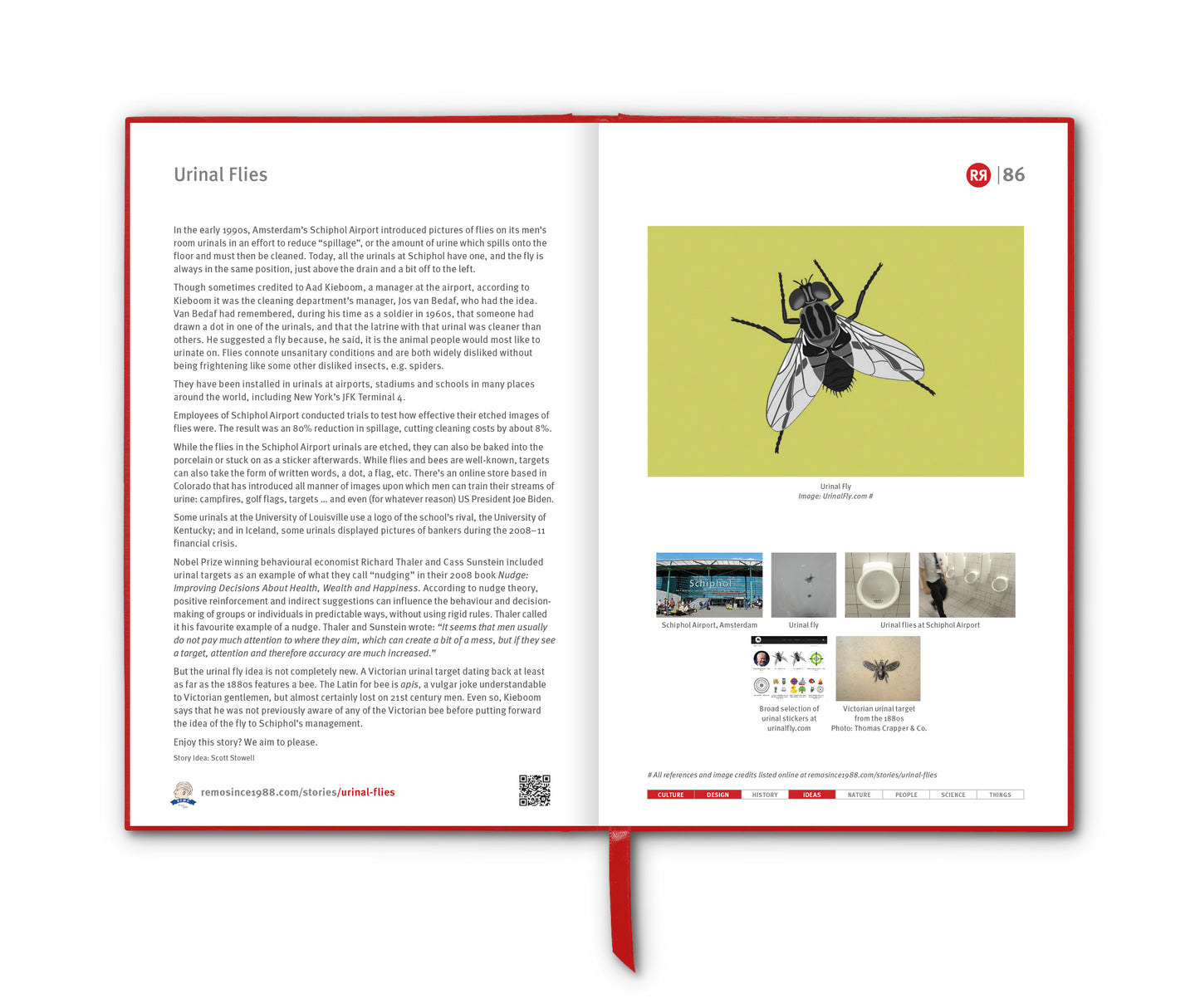
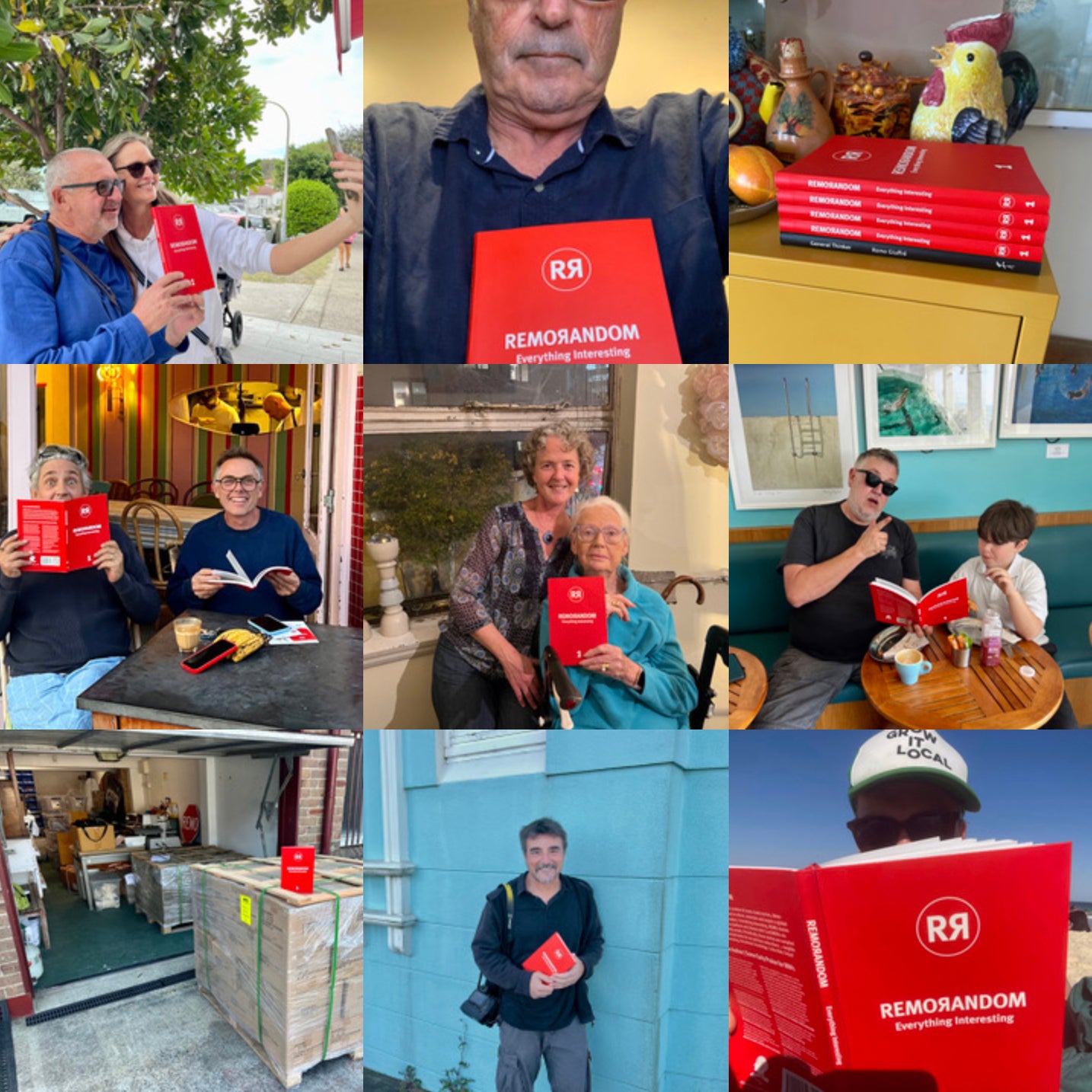
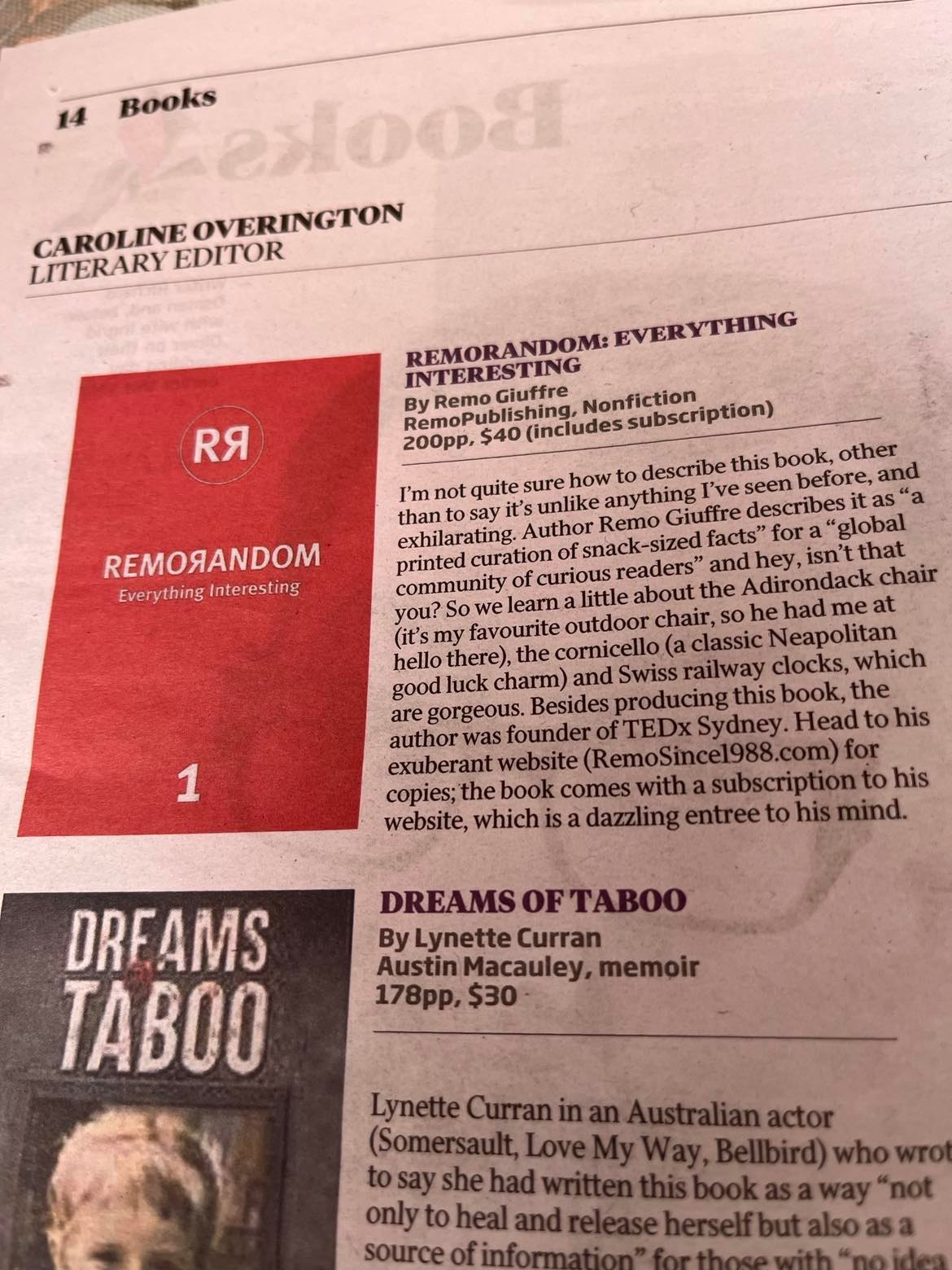
2 comments
Love this post, Remo. I have long been a fan of collective nouns and have Chloe Rhodes’ book An Unkindness of Ravens on my coffee table. Guests who come to stay with us are always delighted and amazed by the entries. Great stuff!
Perhaps a Conversation of REMORANDOM…